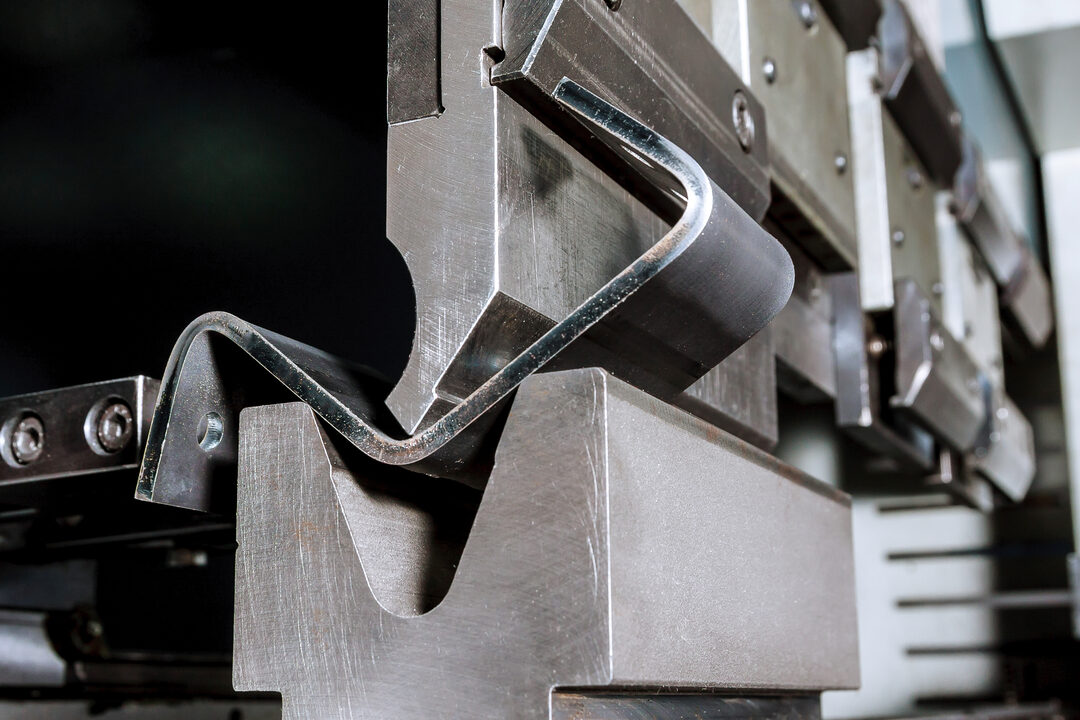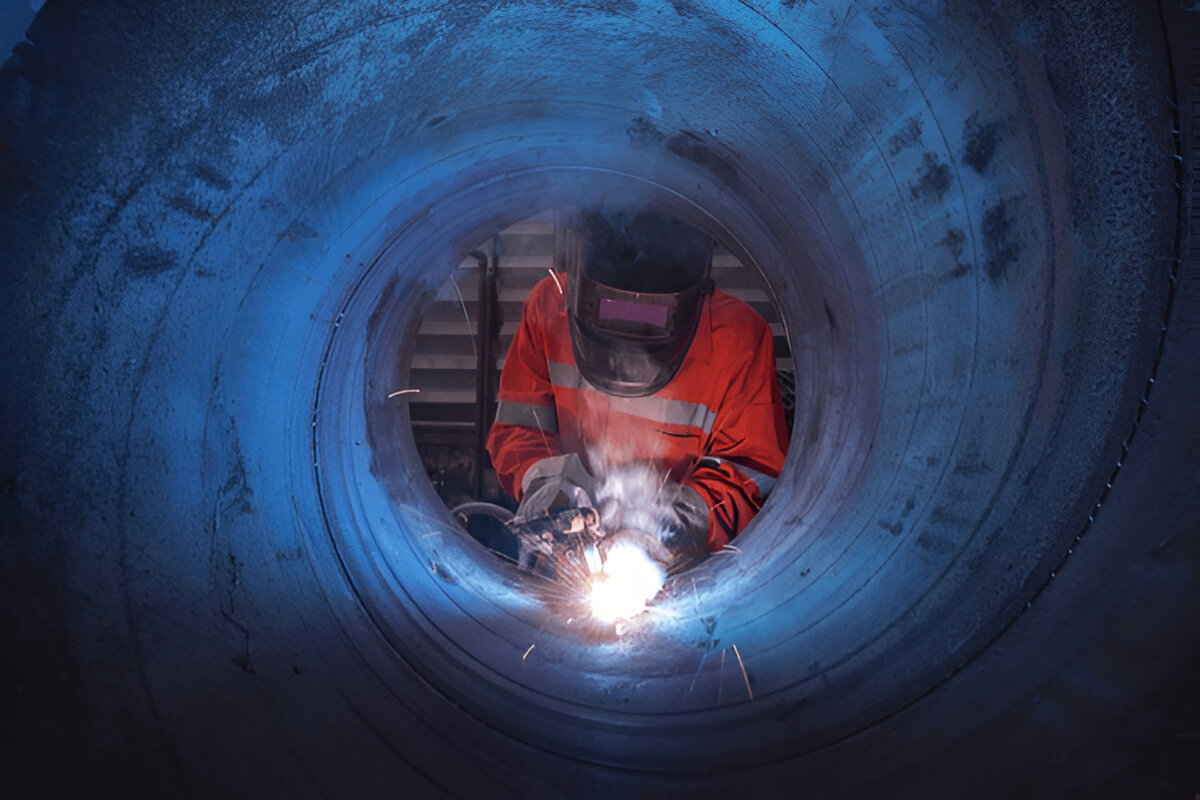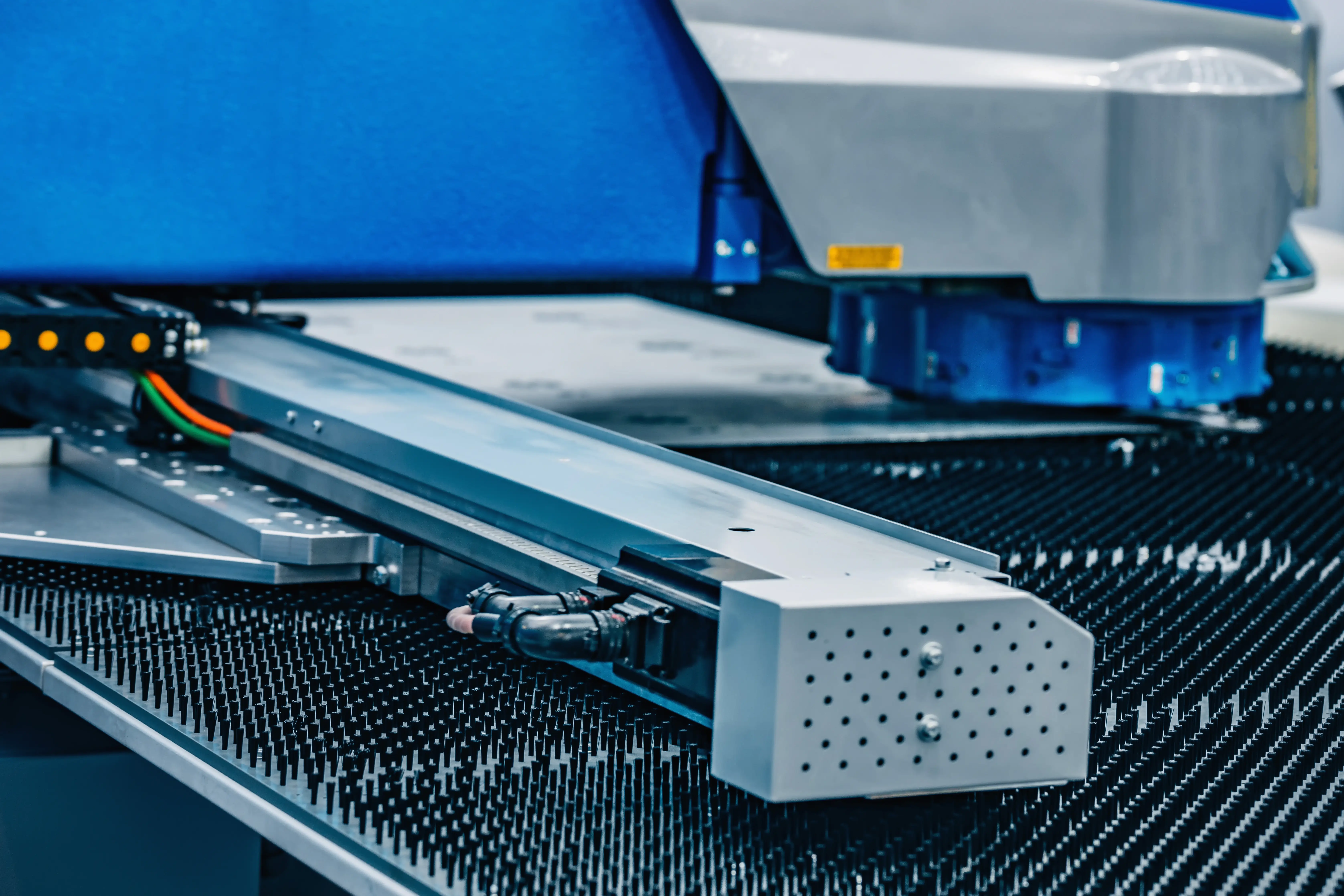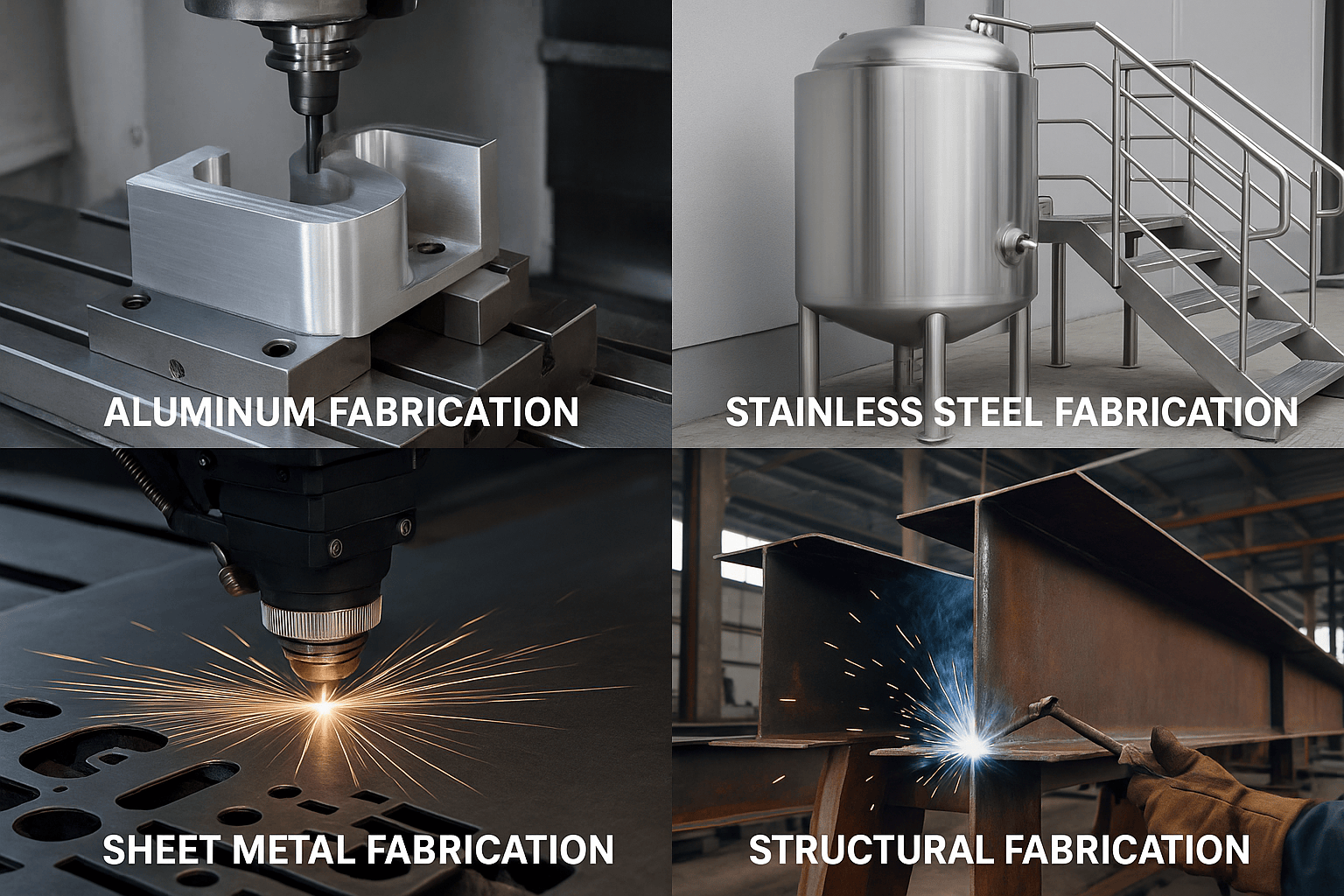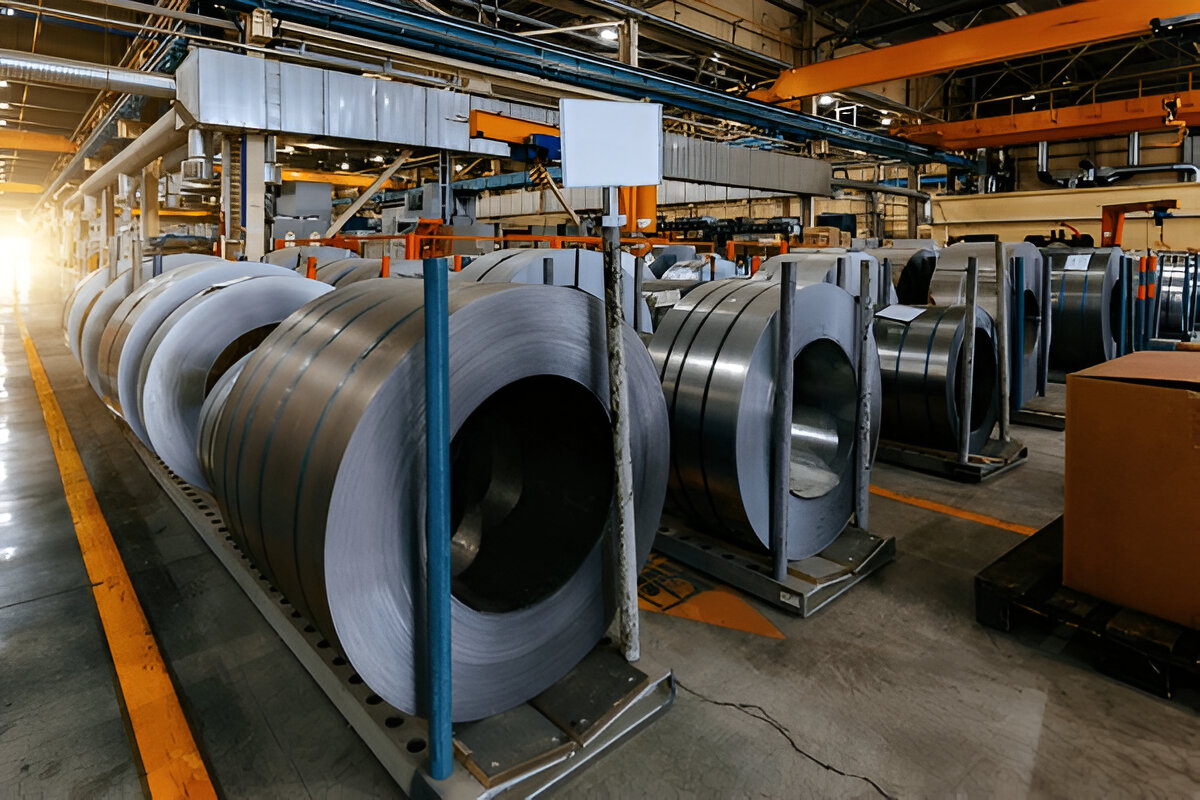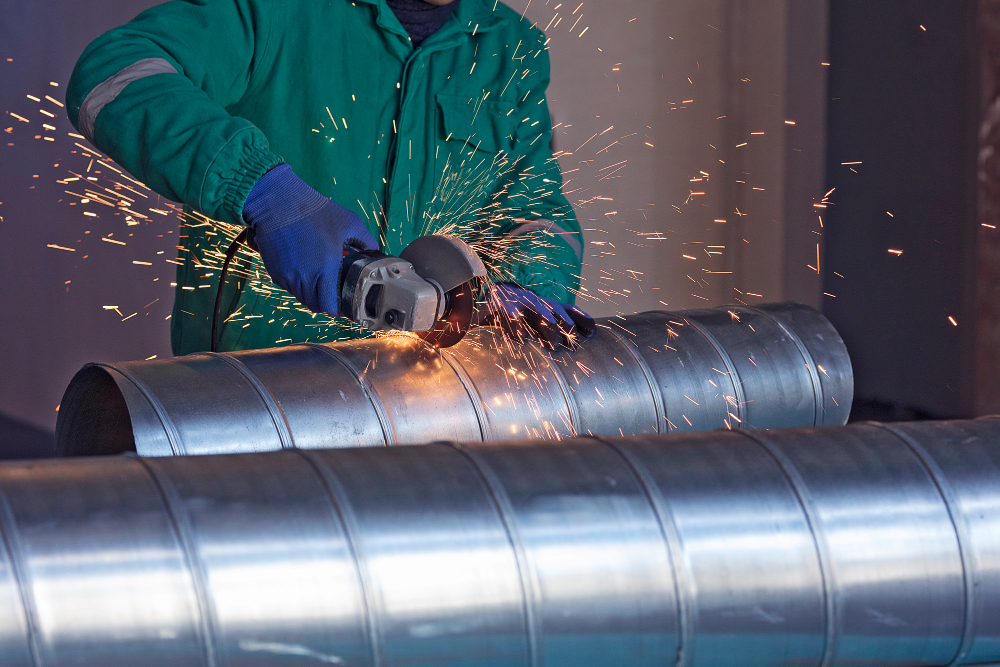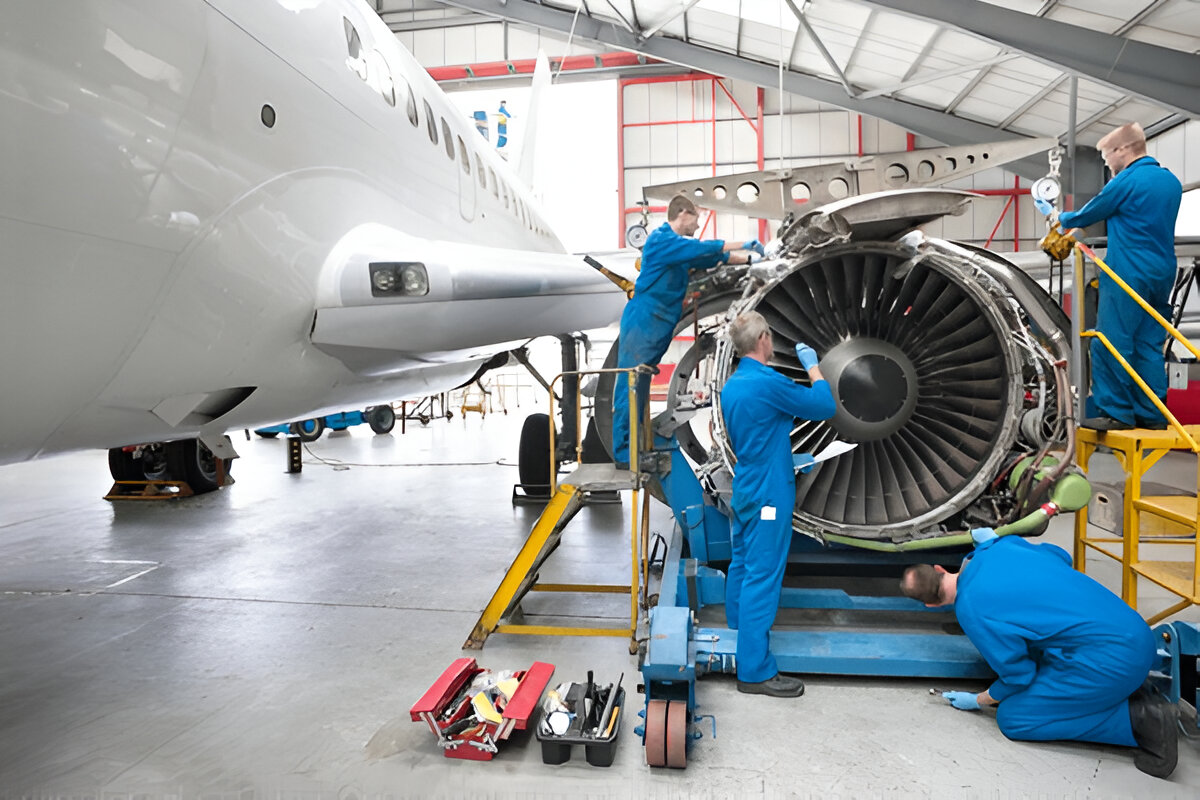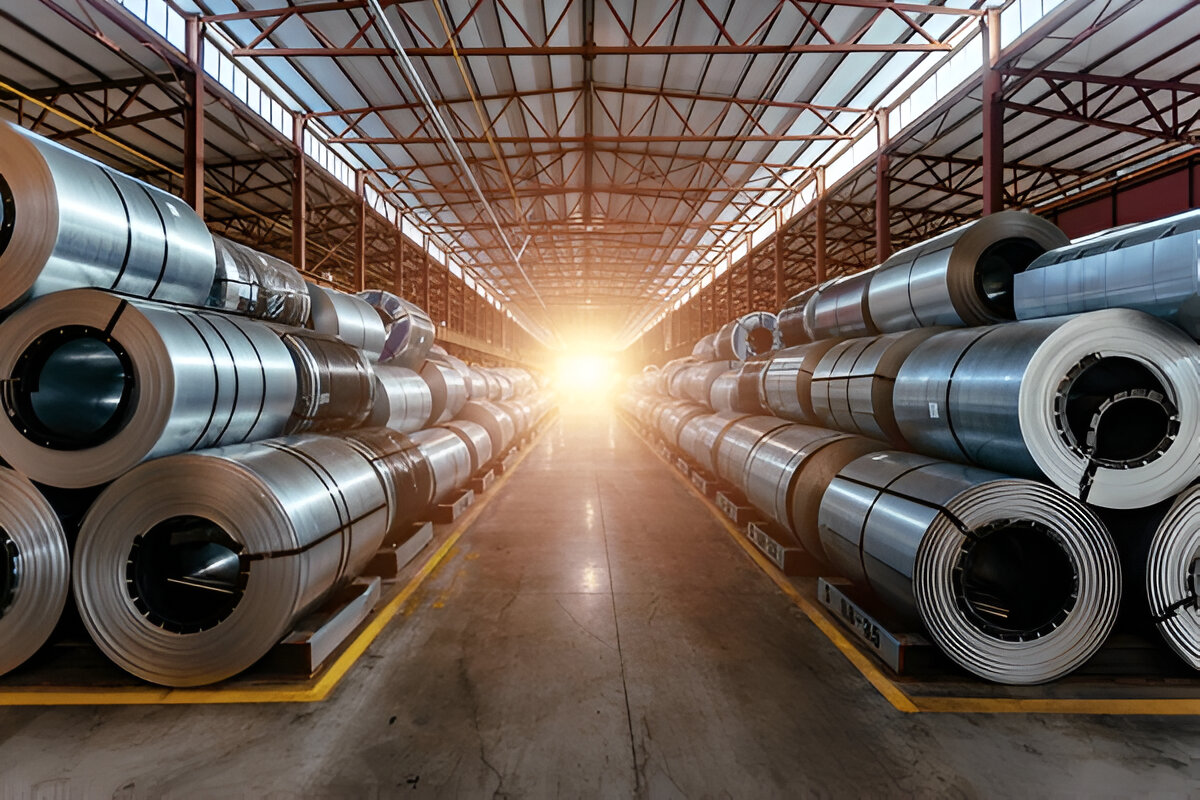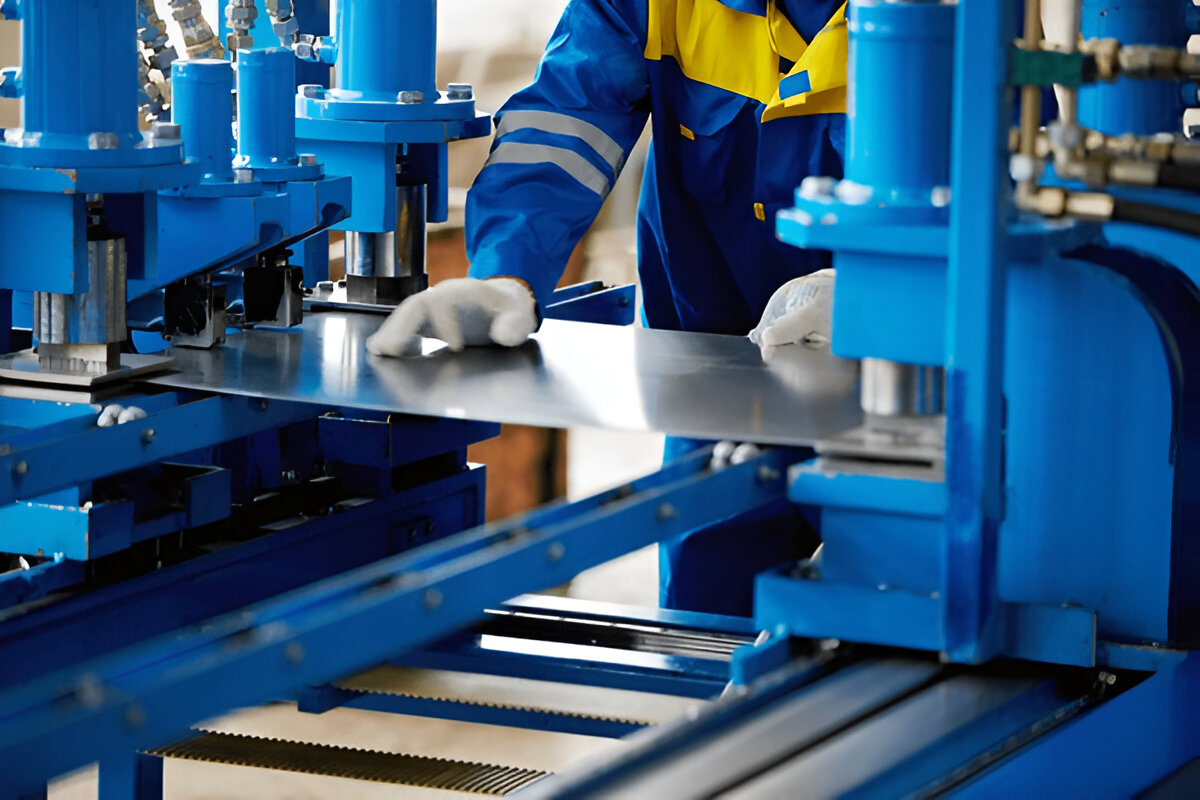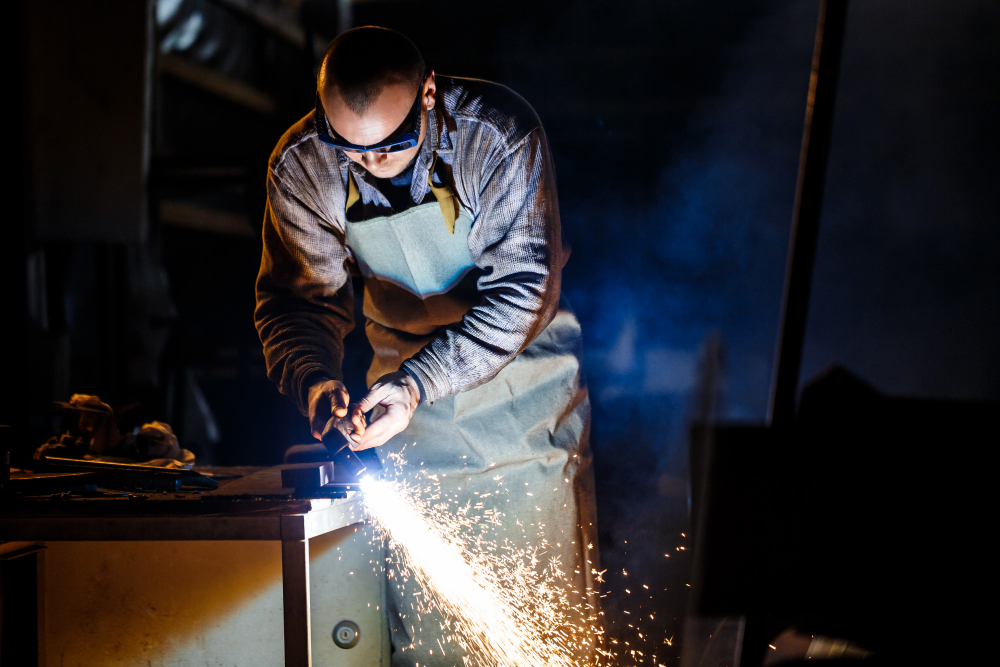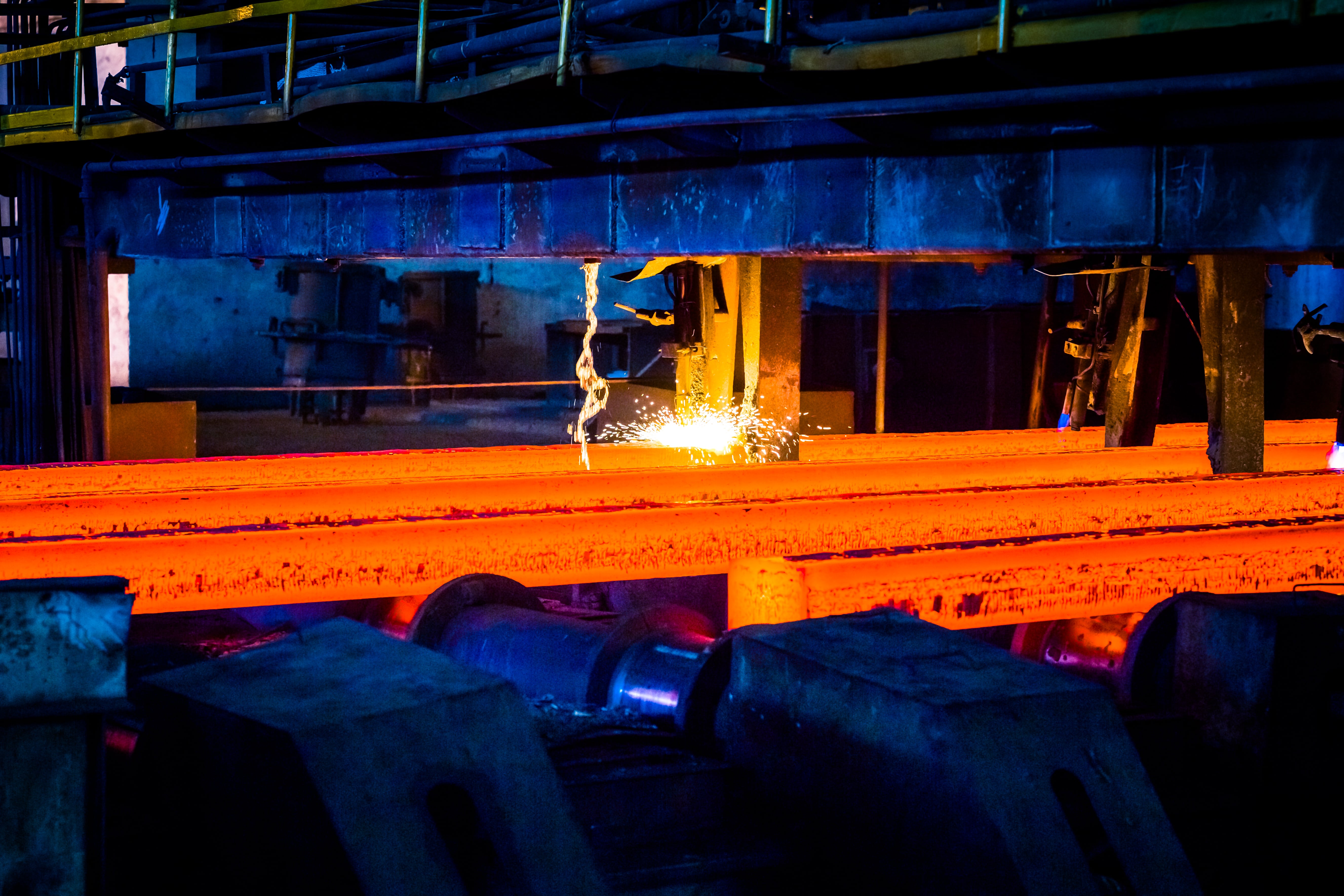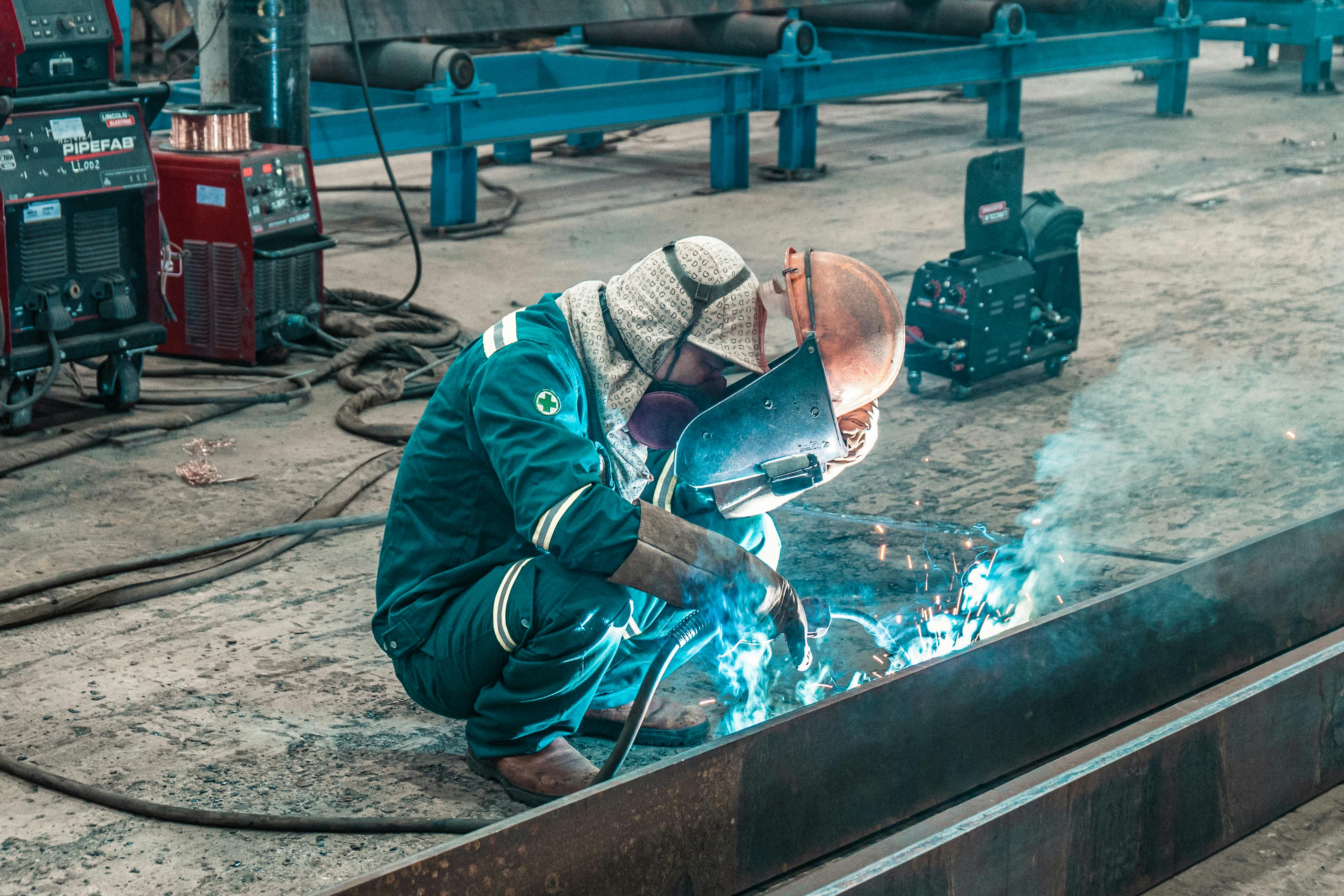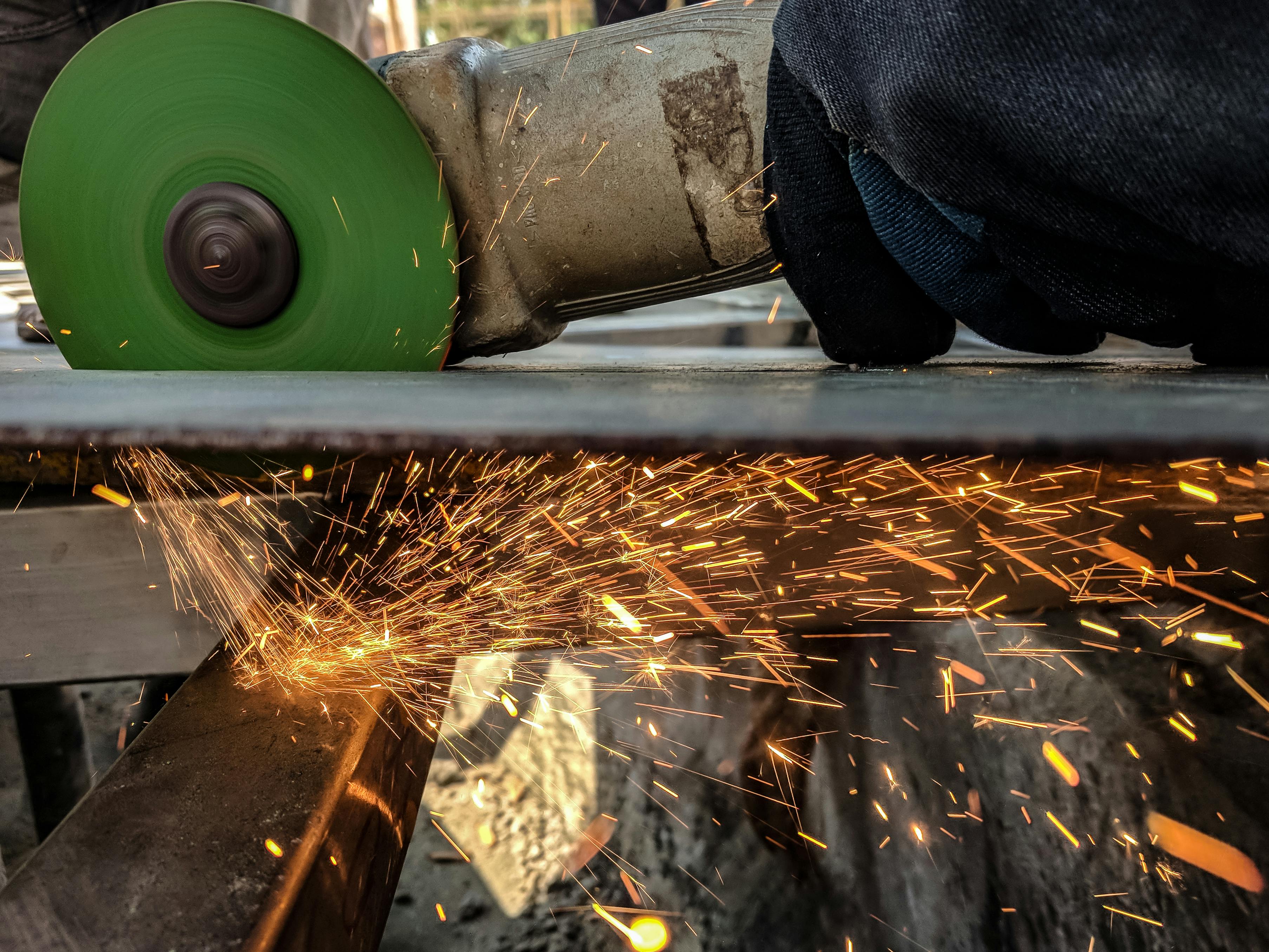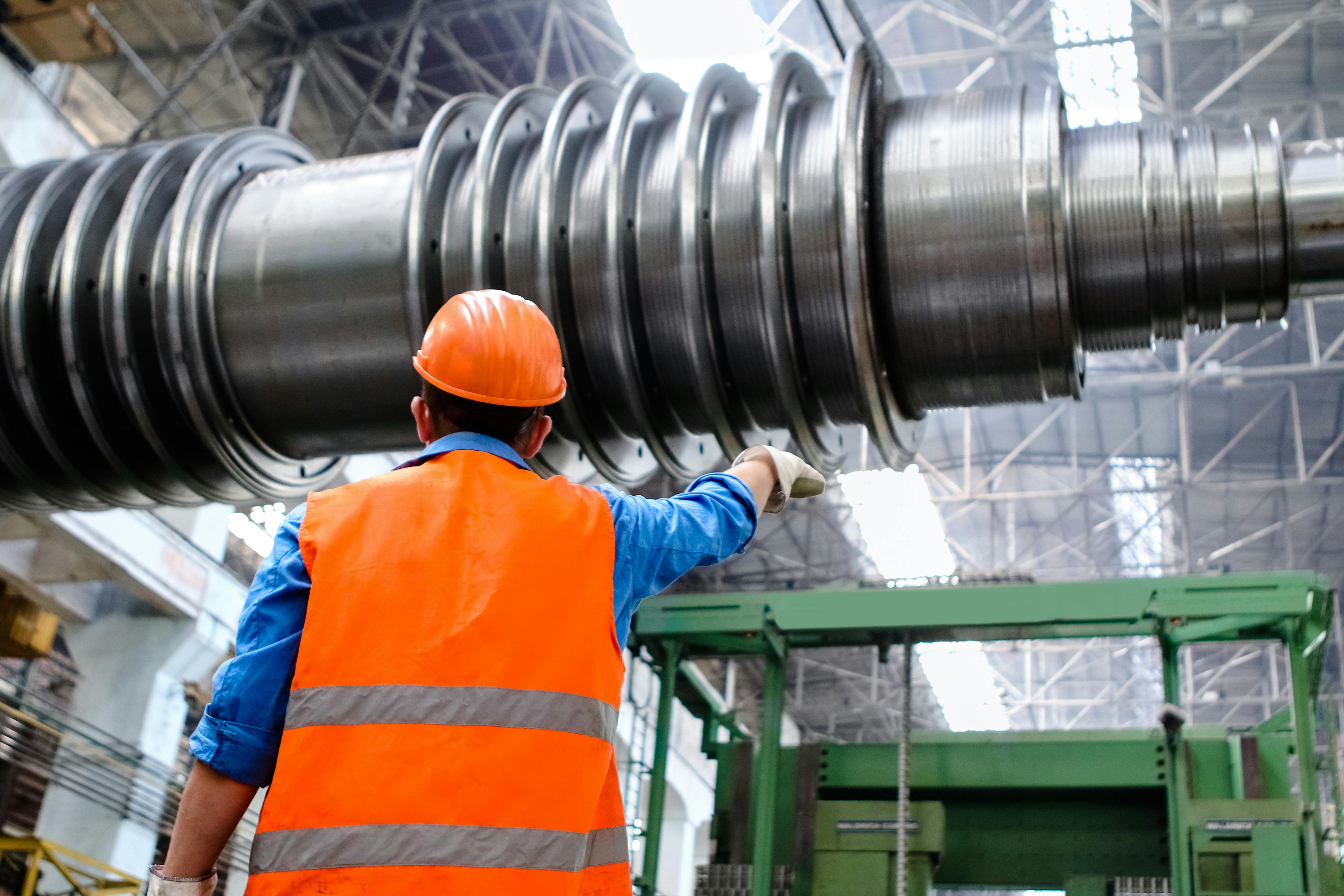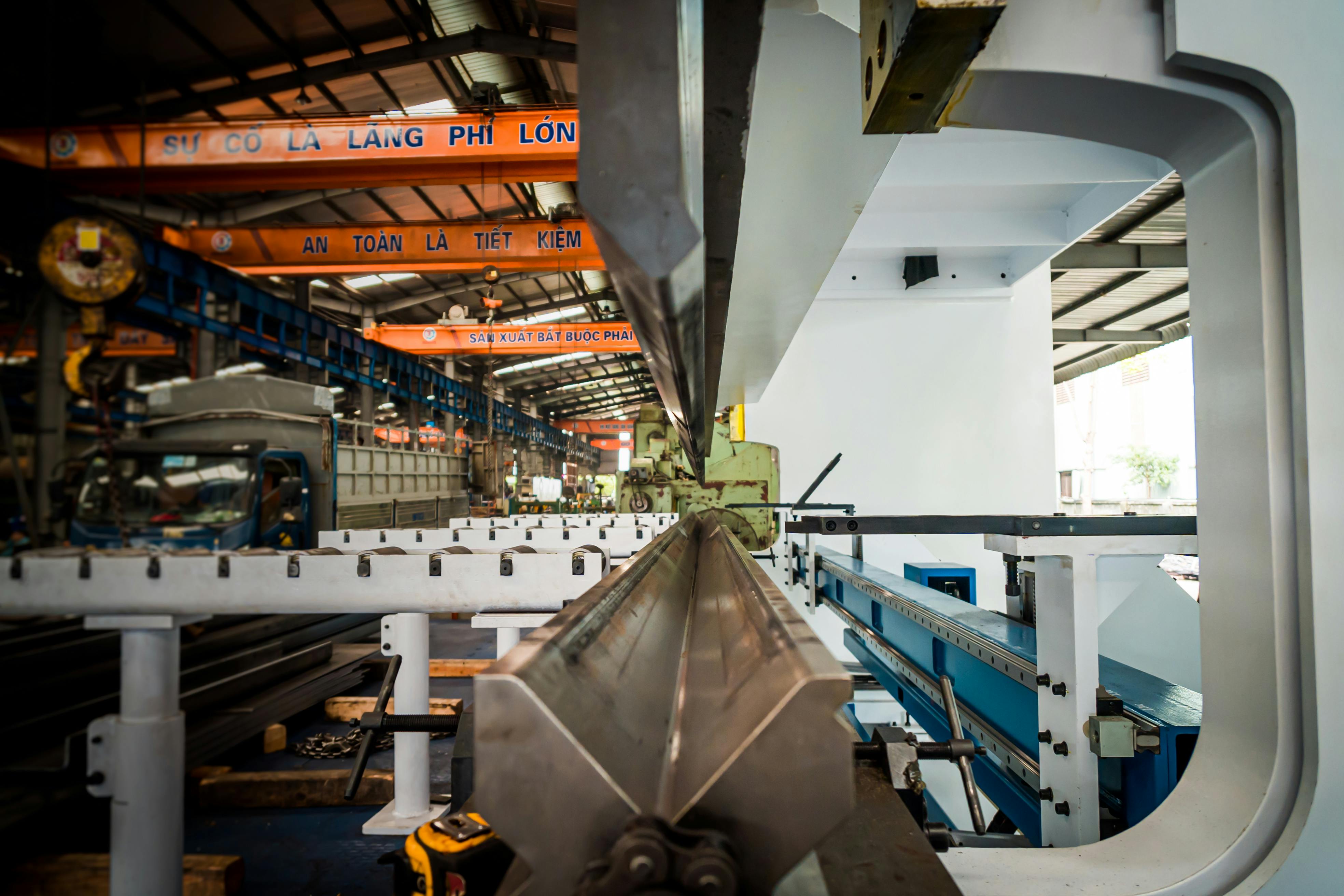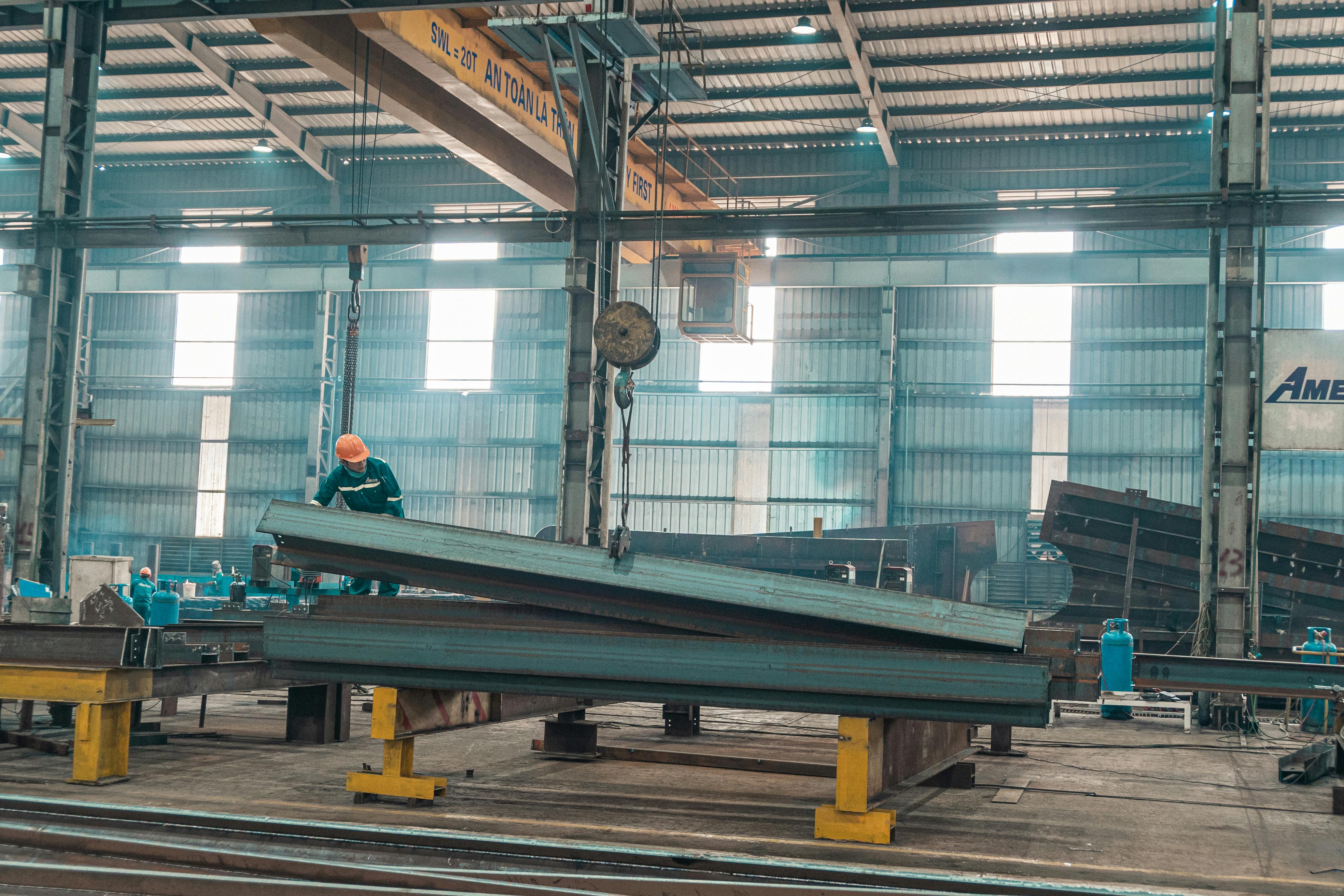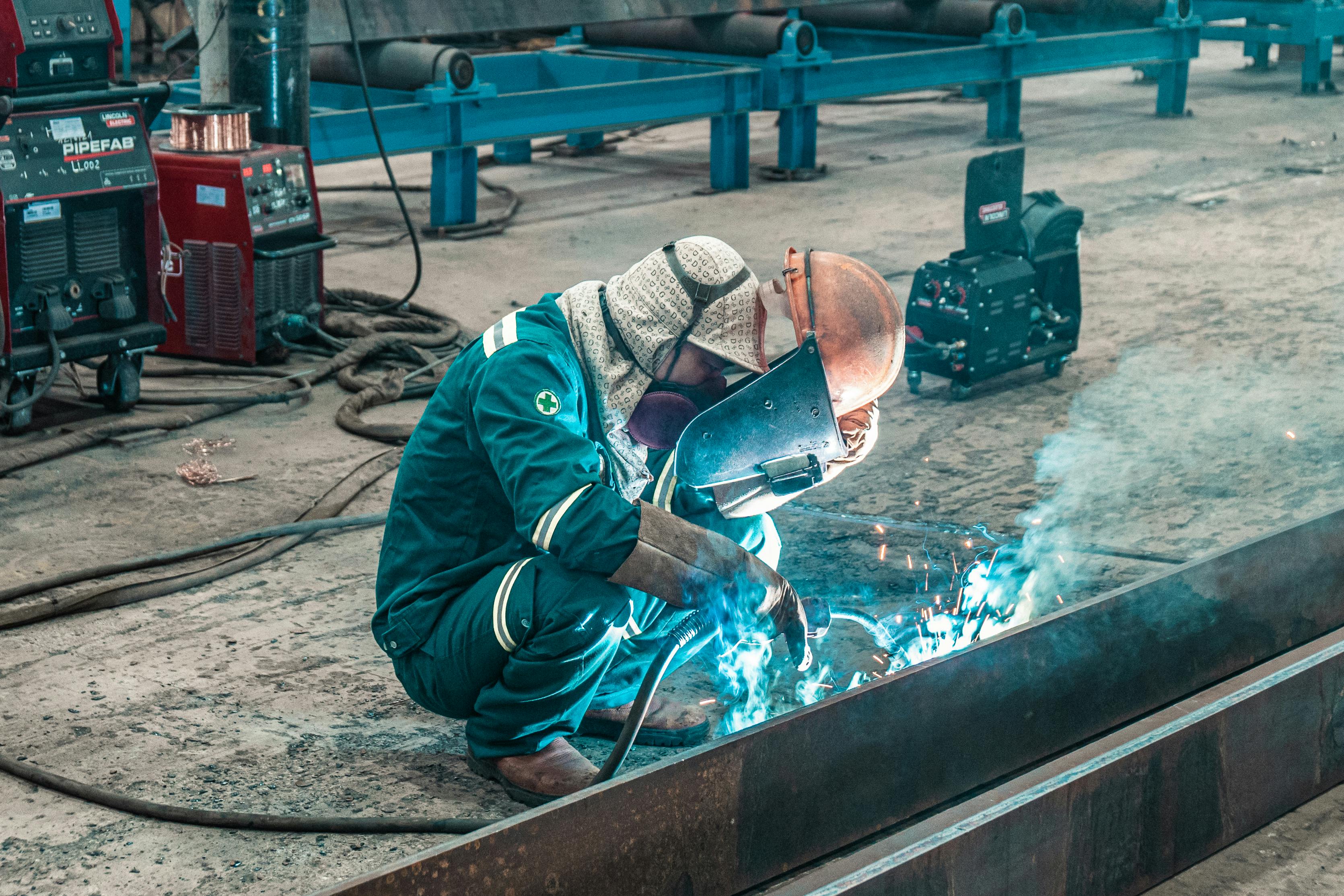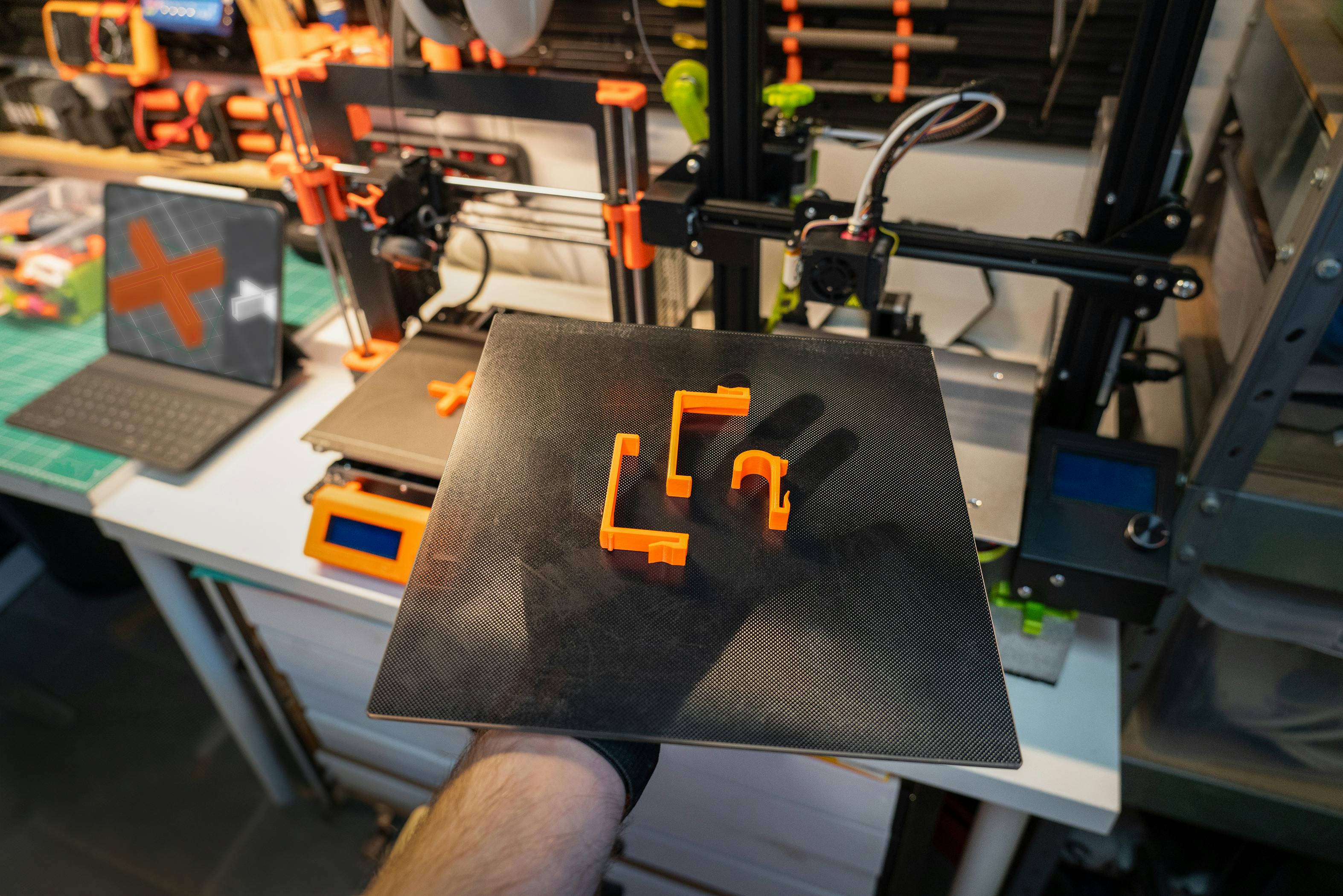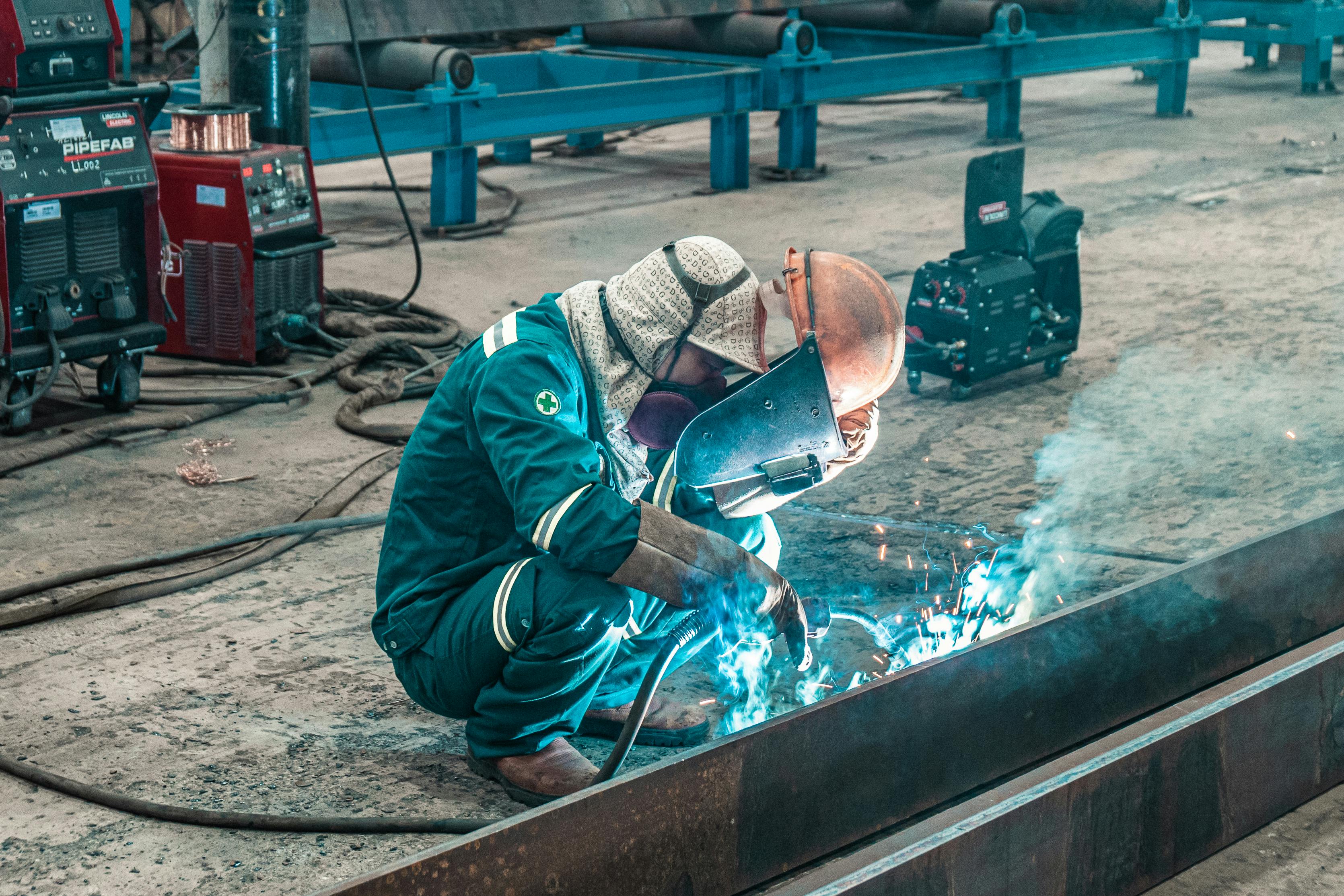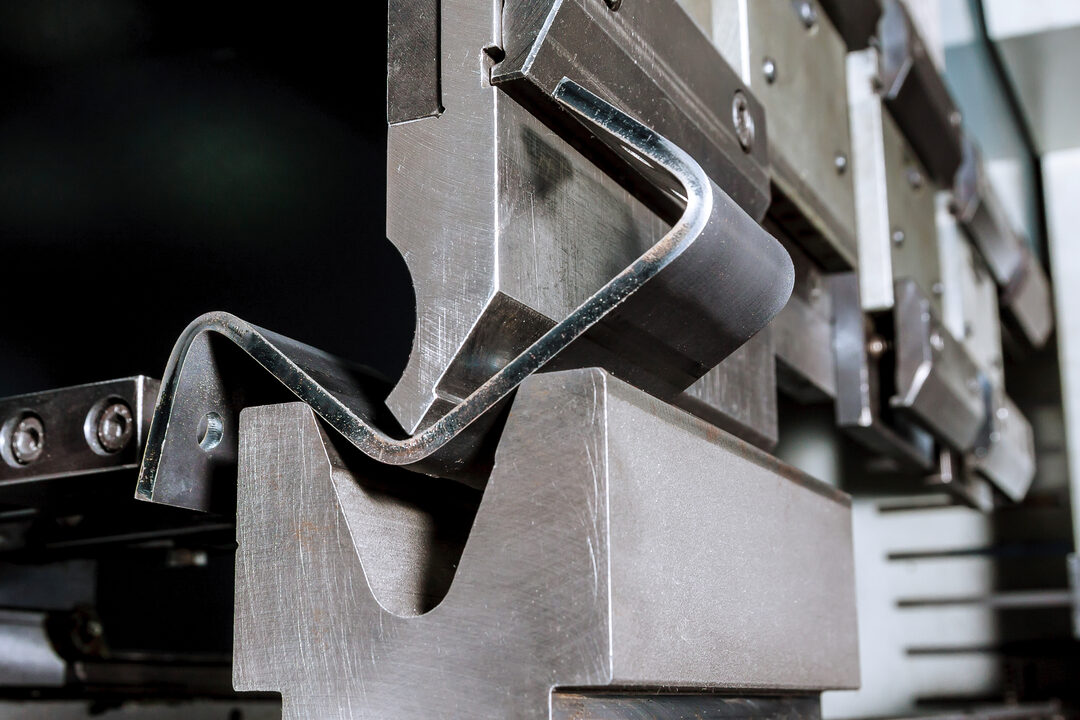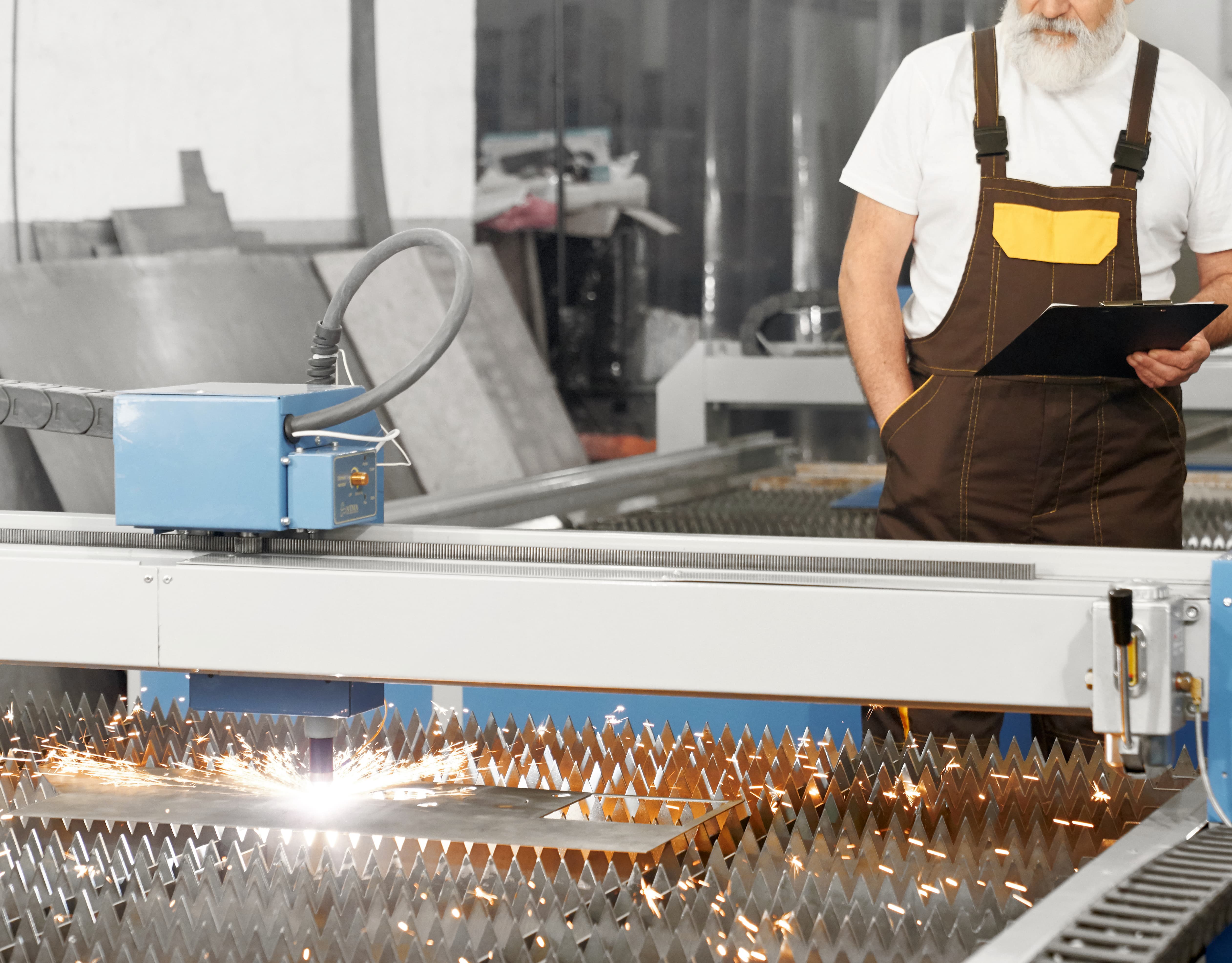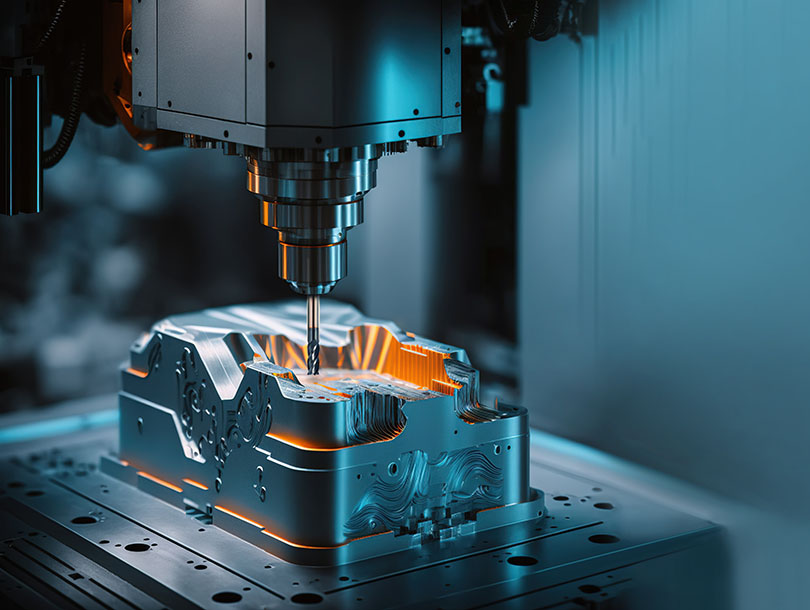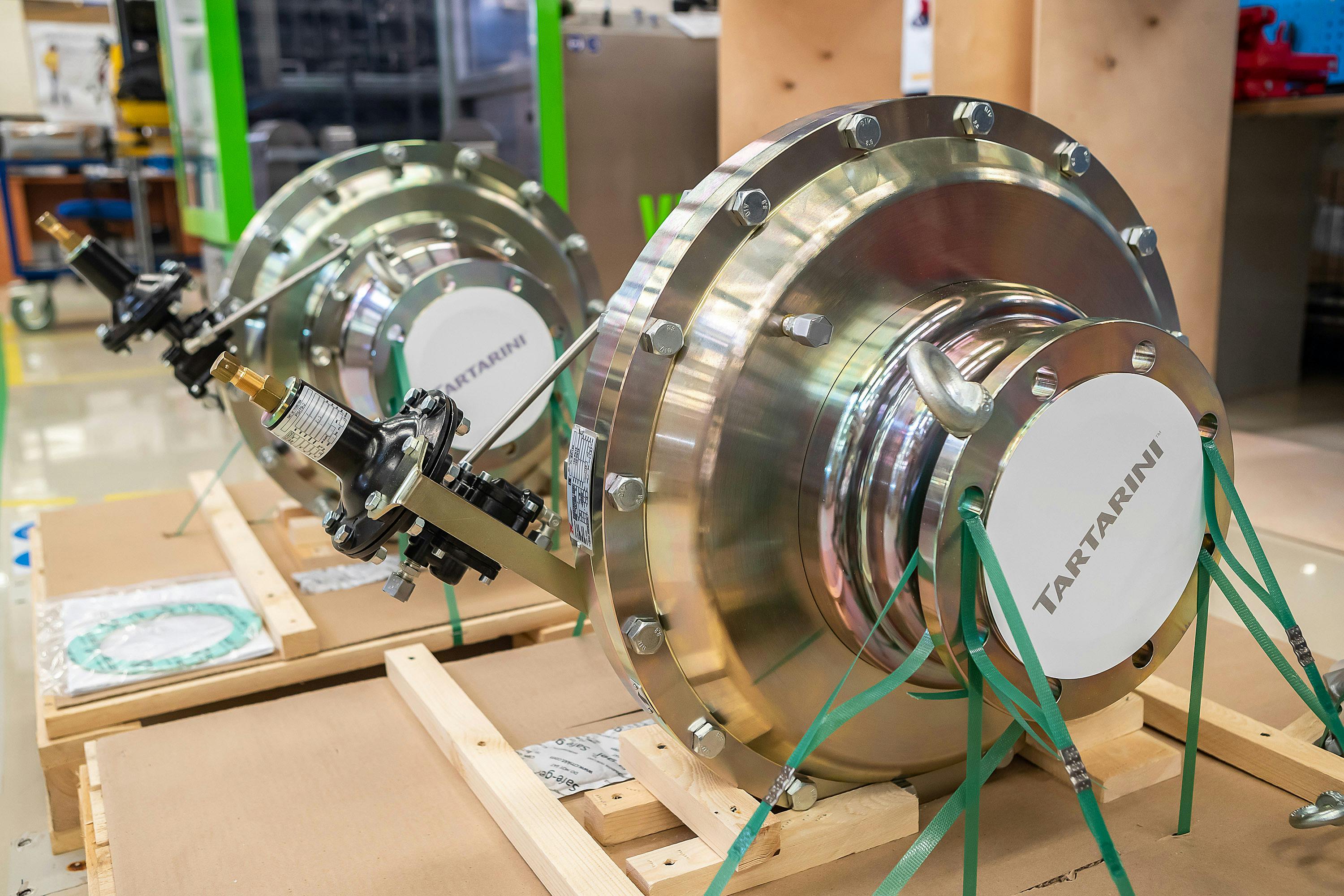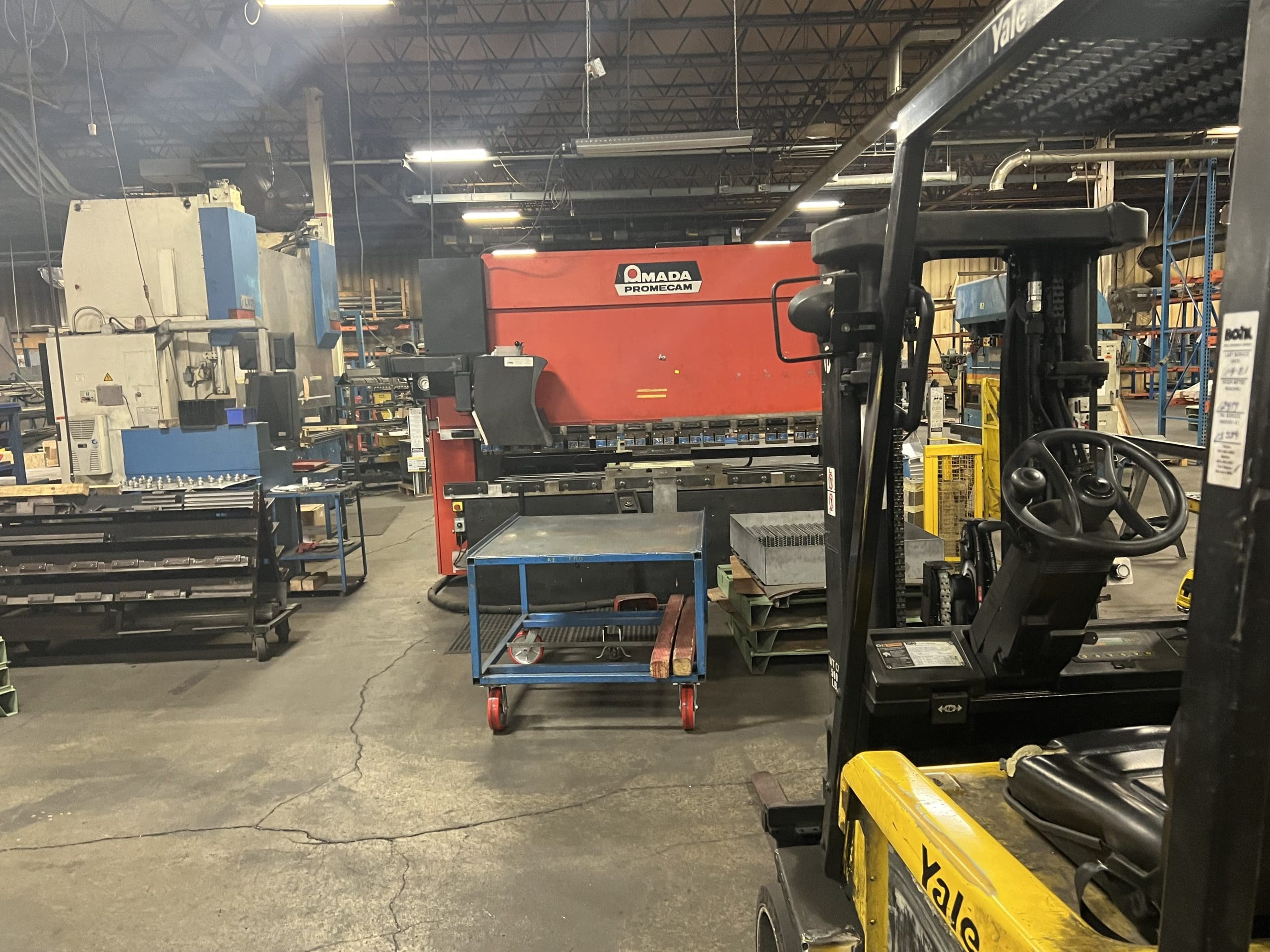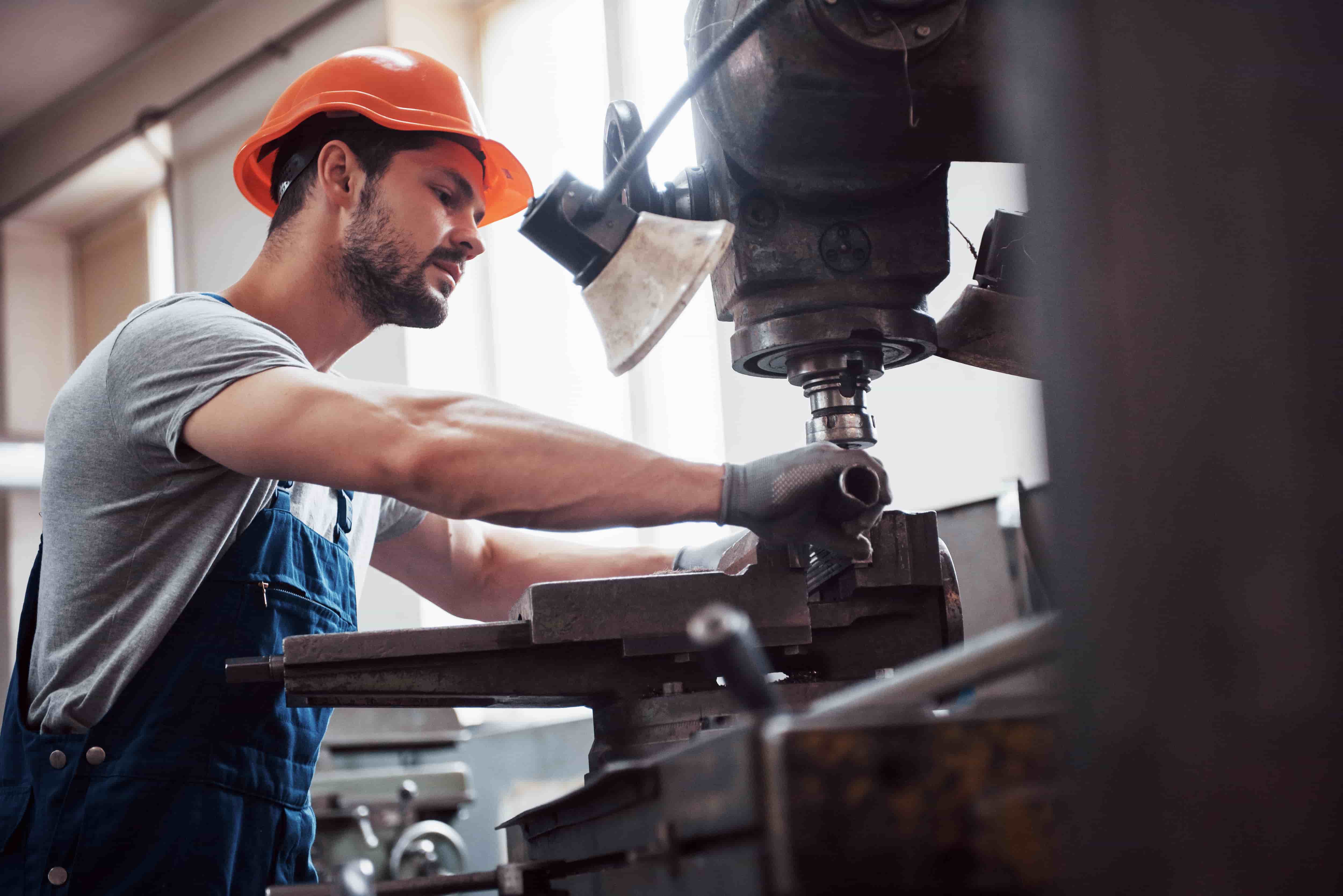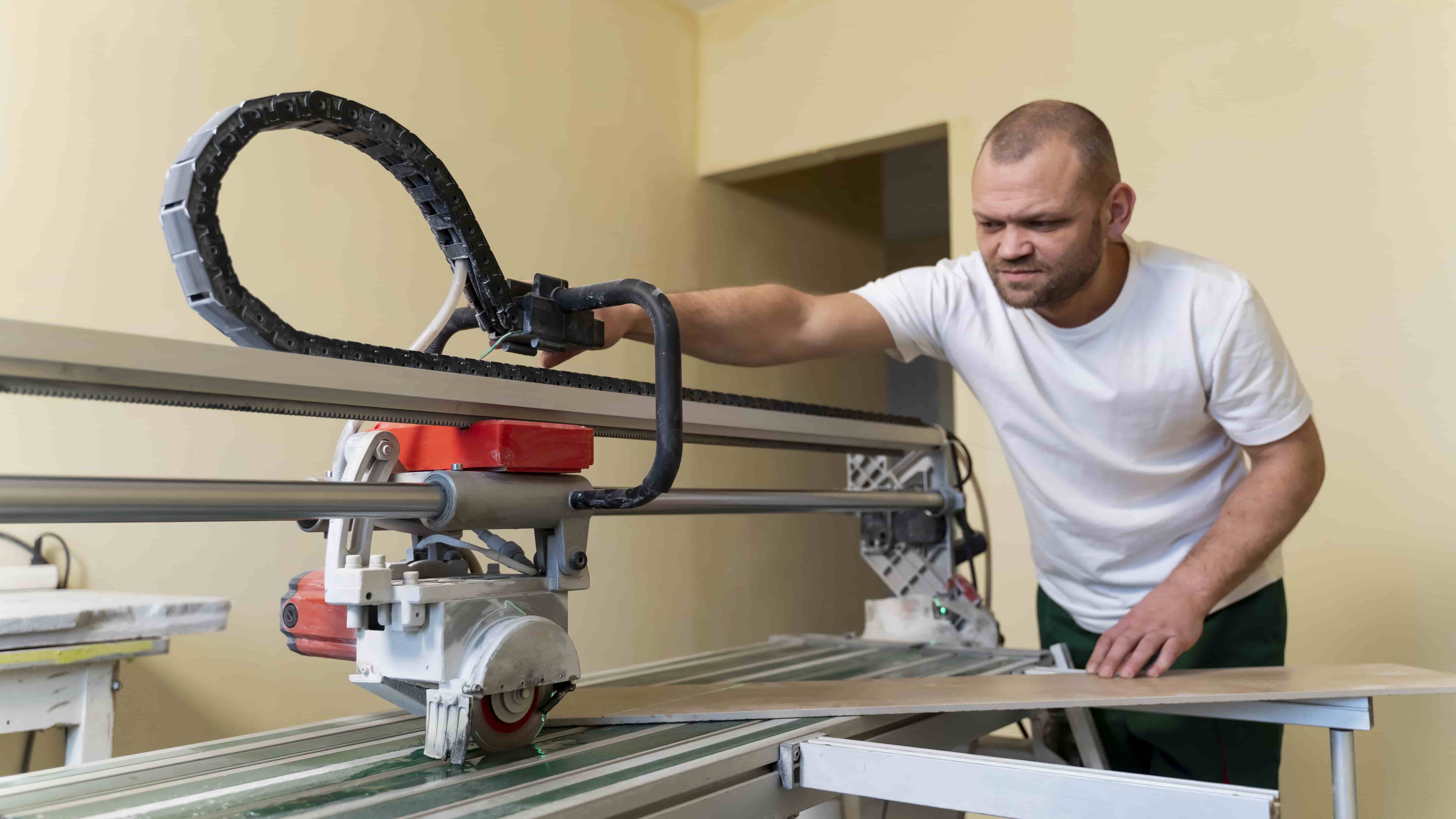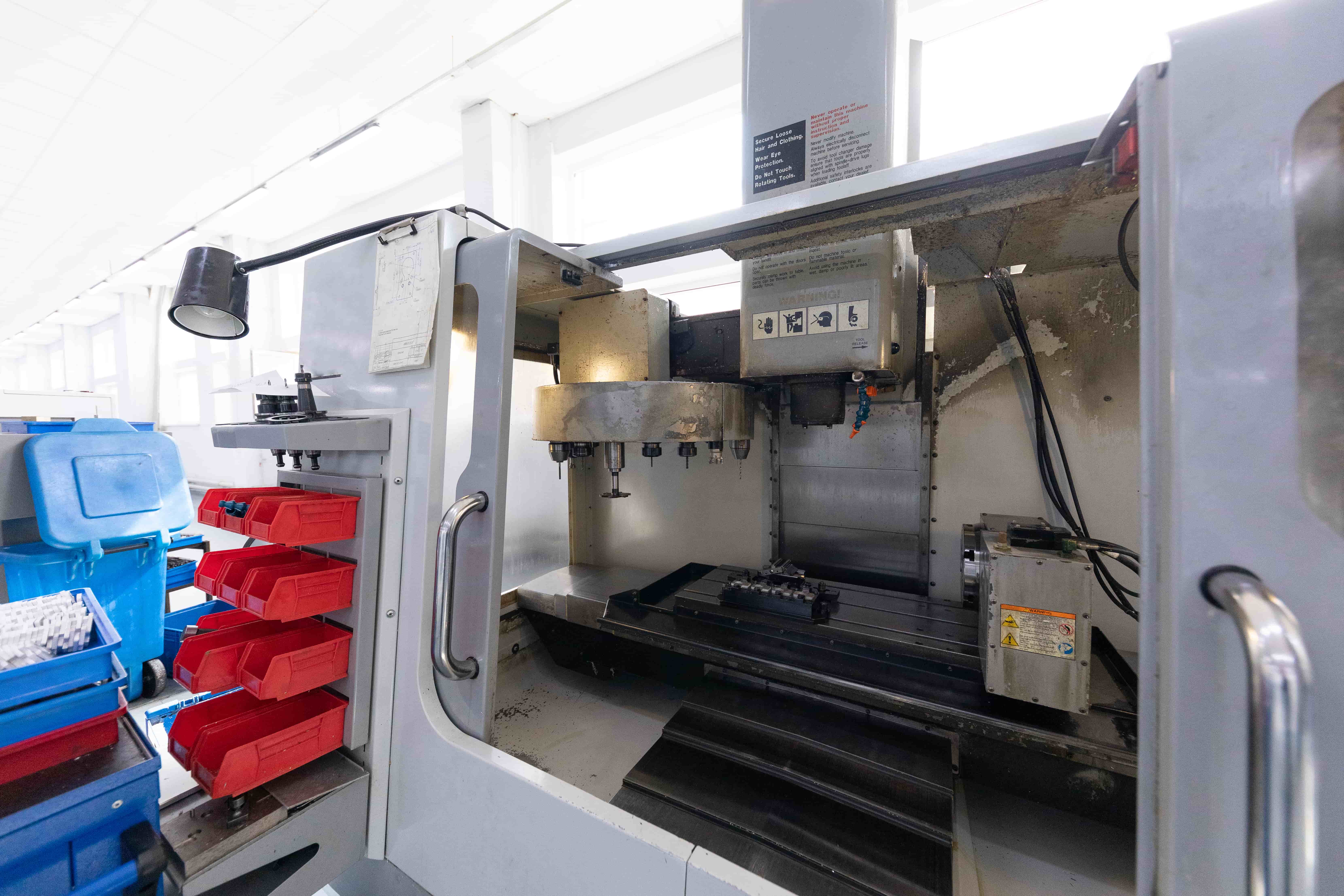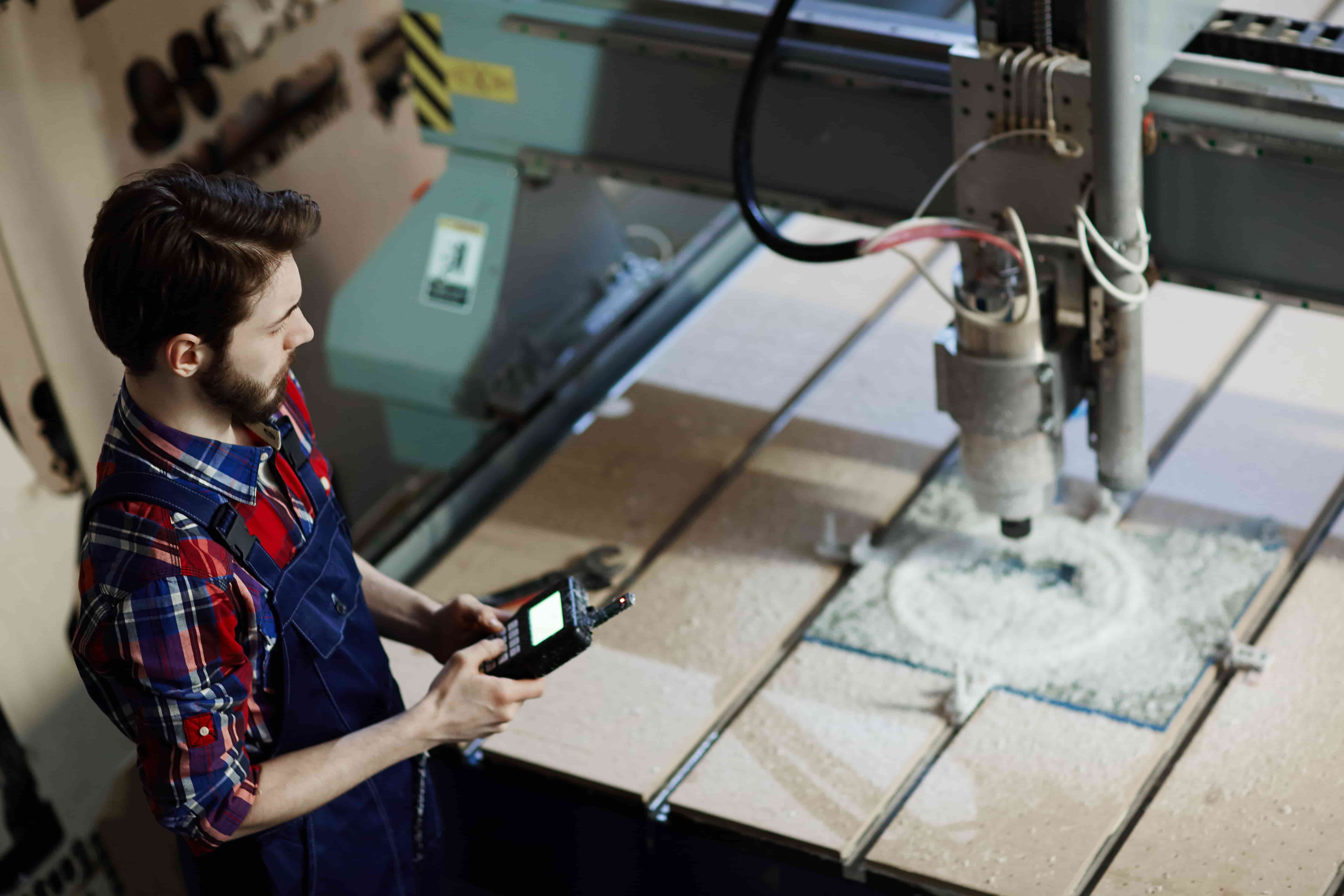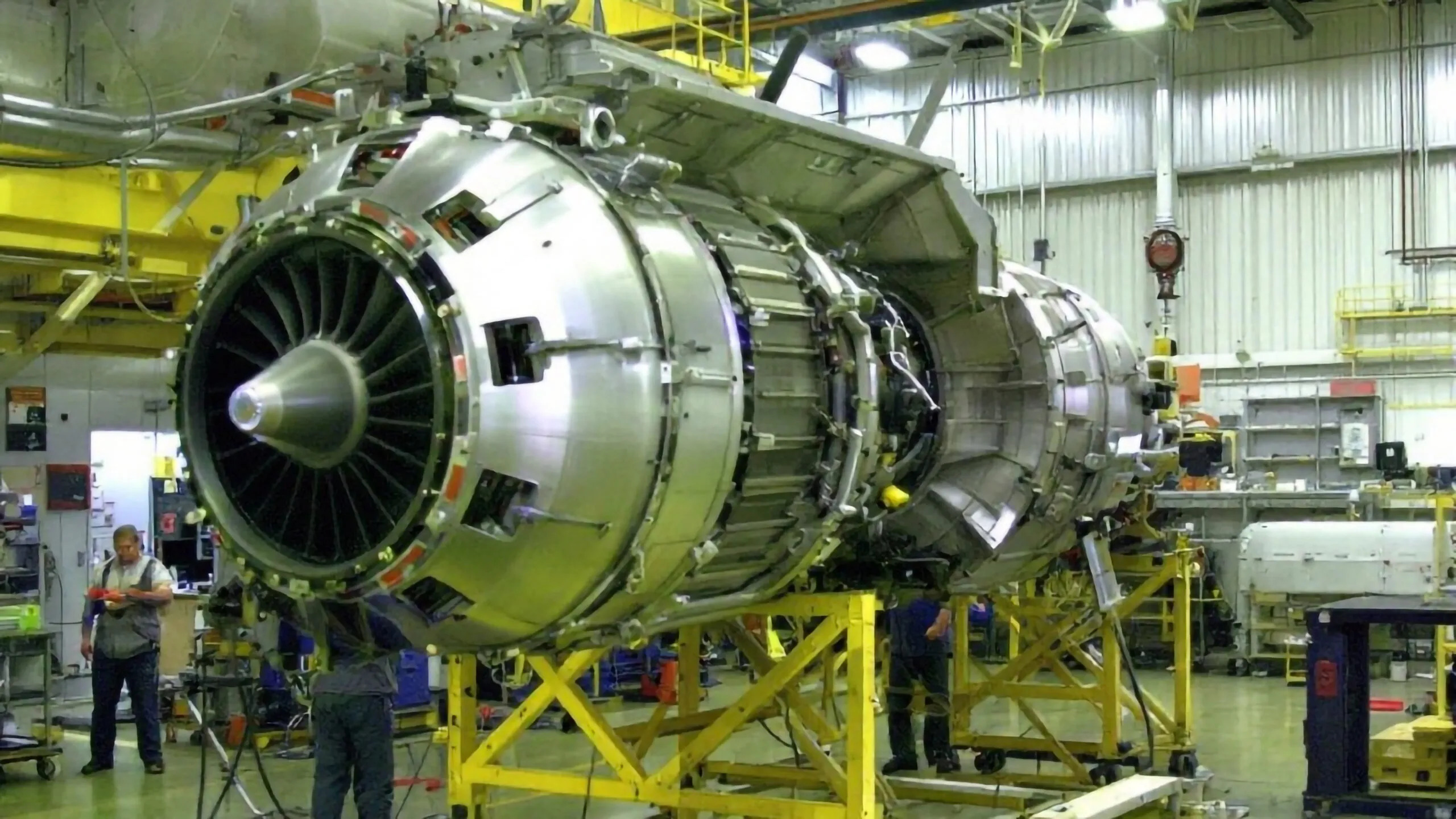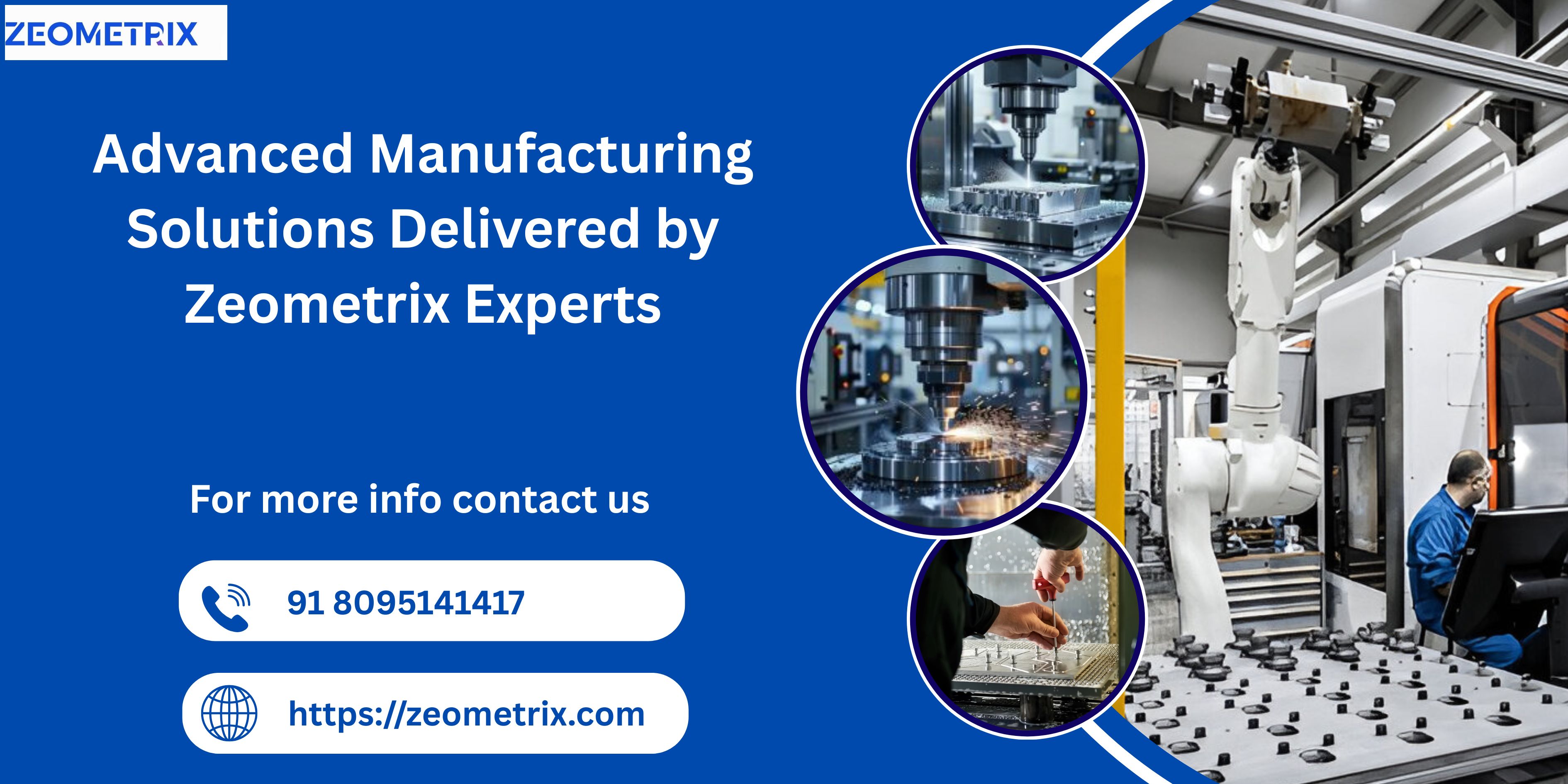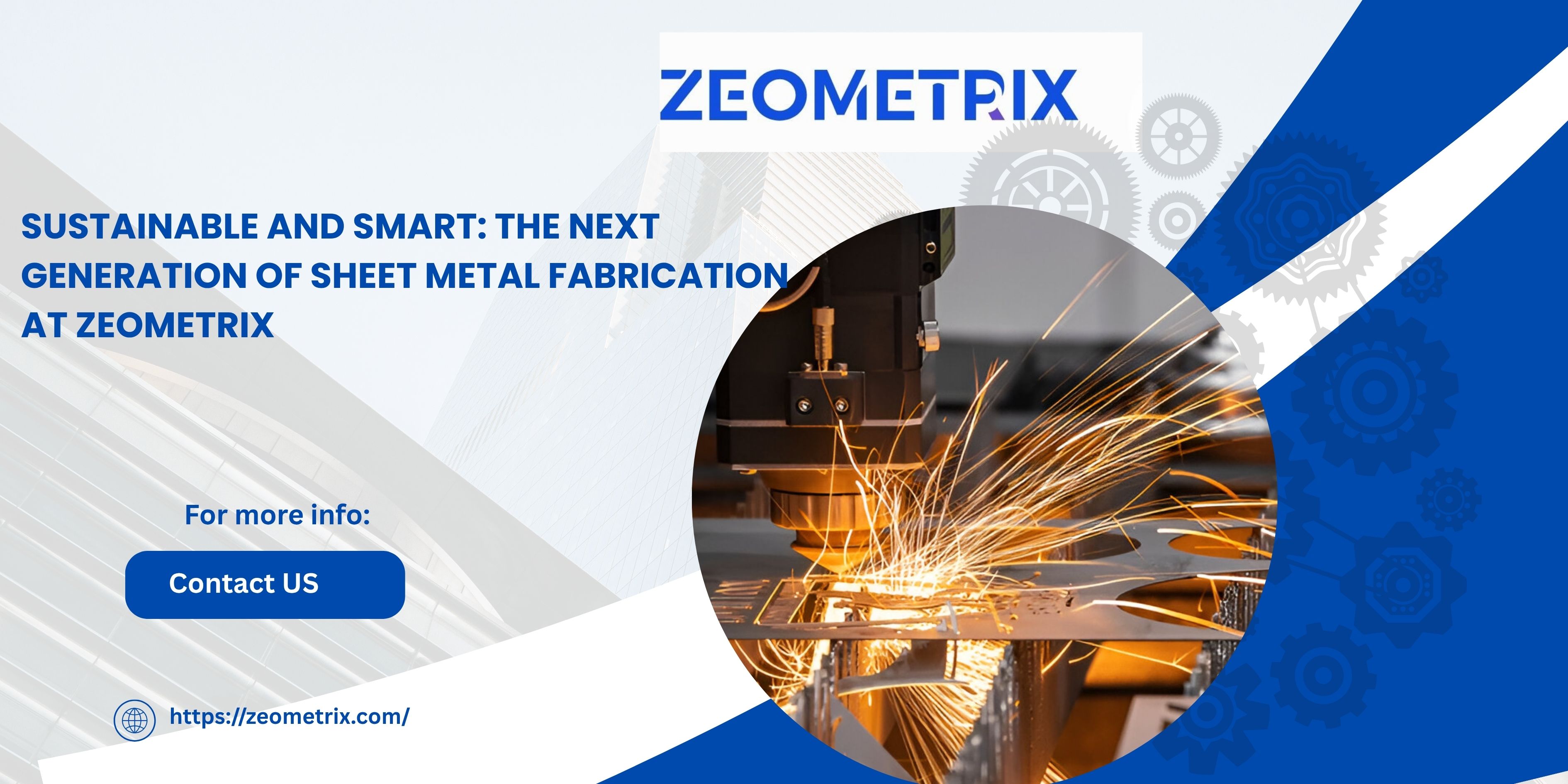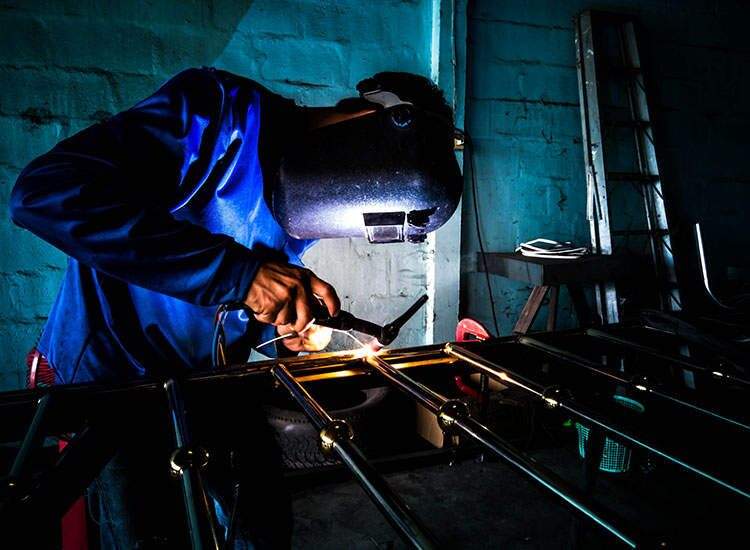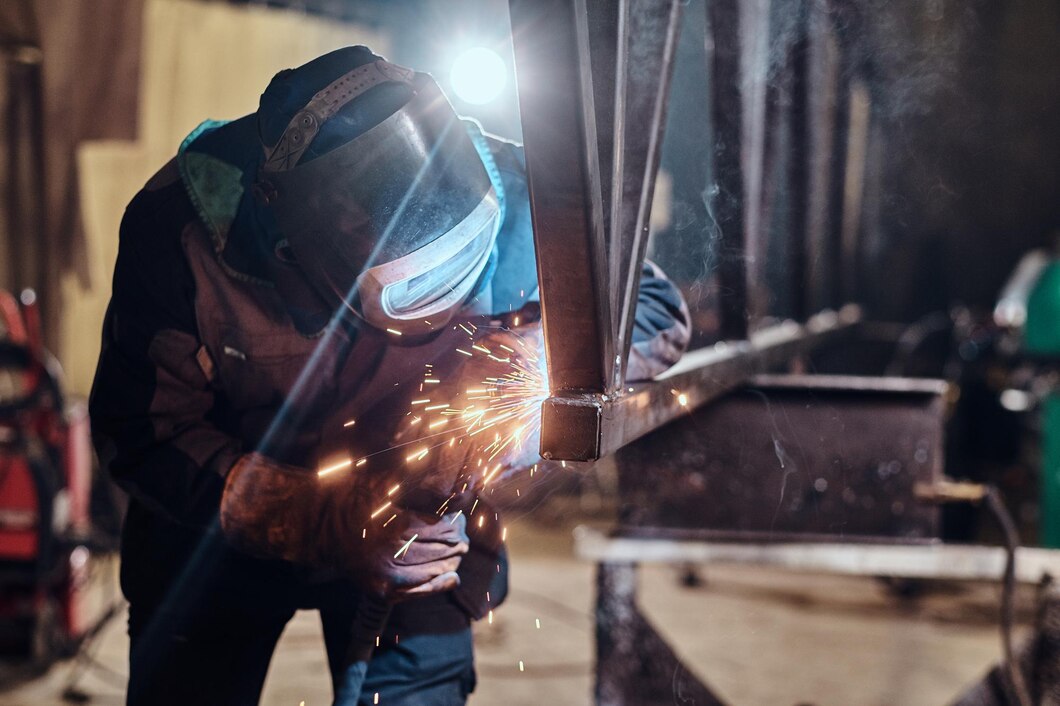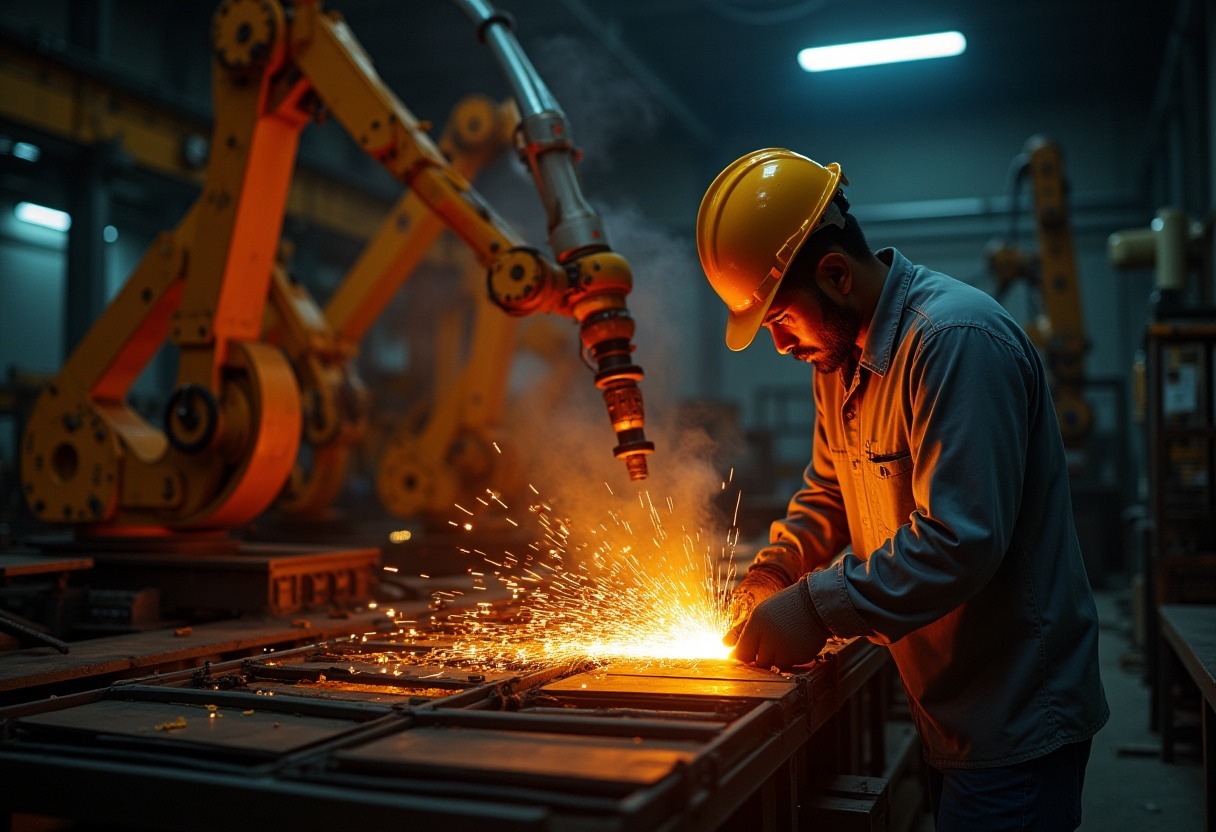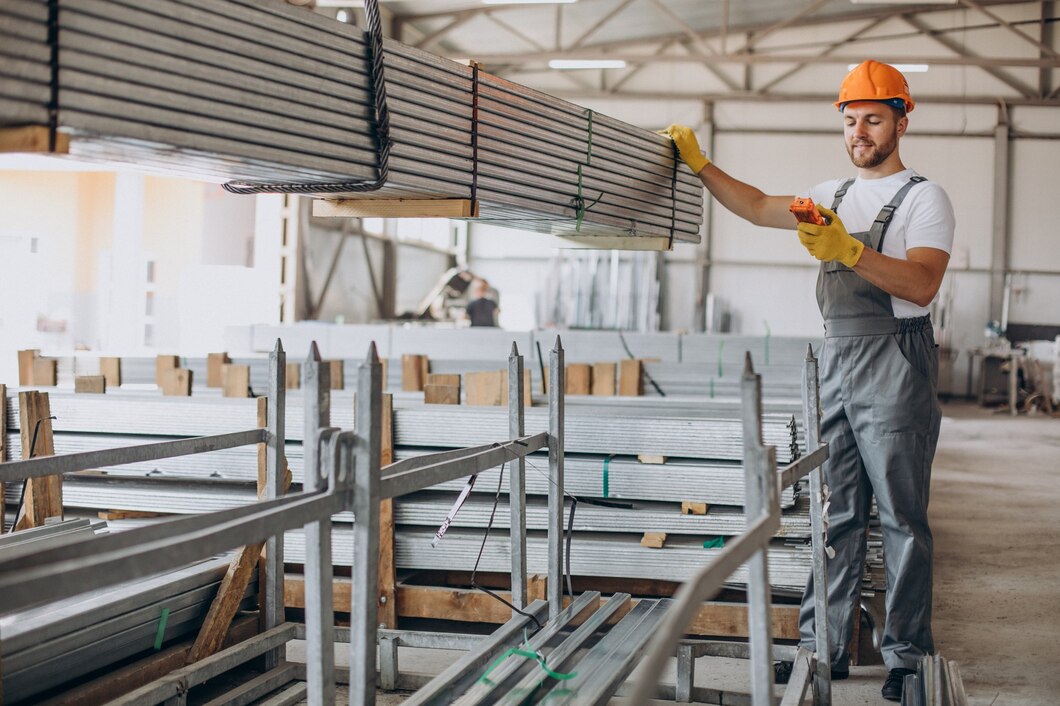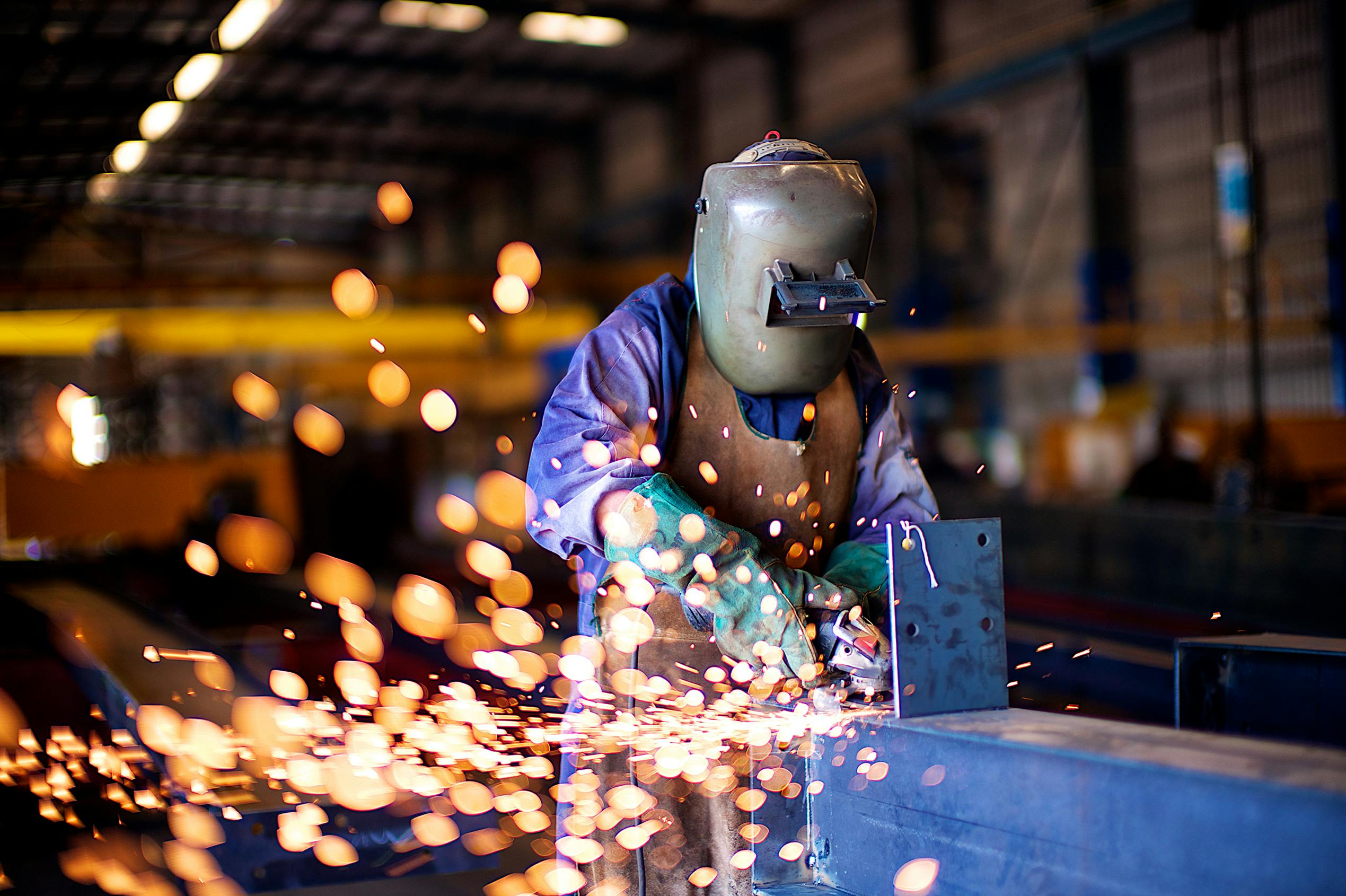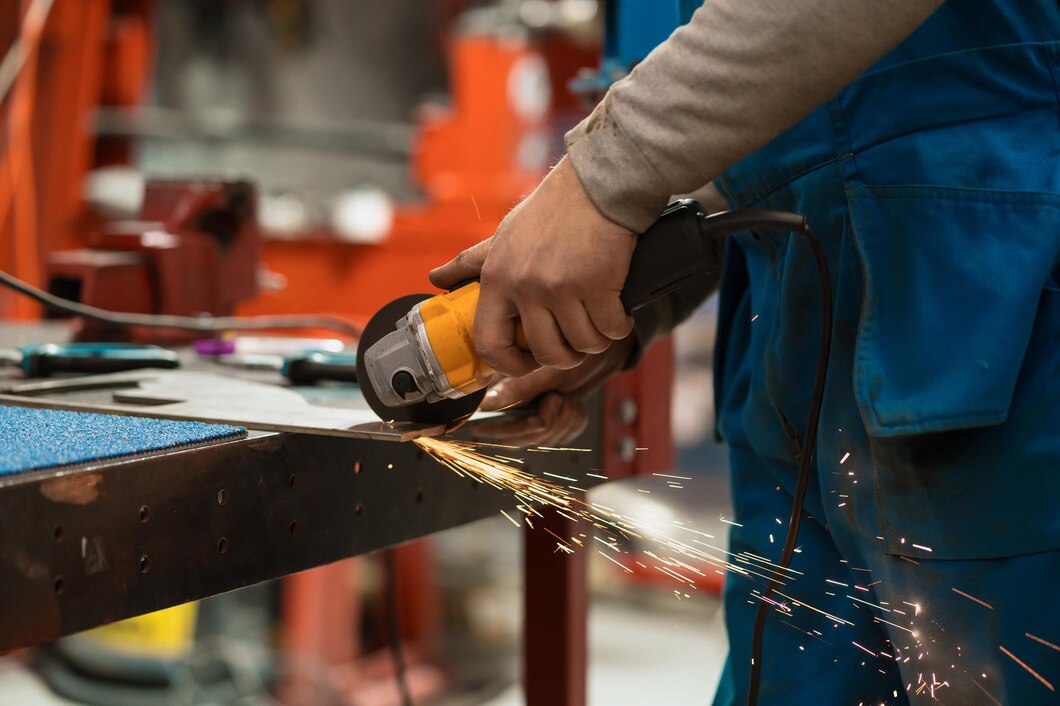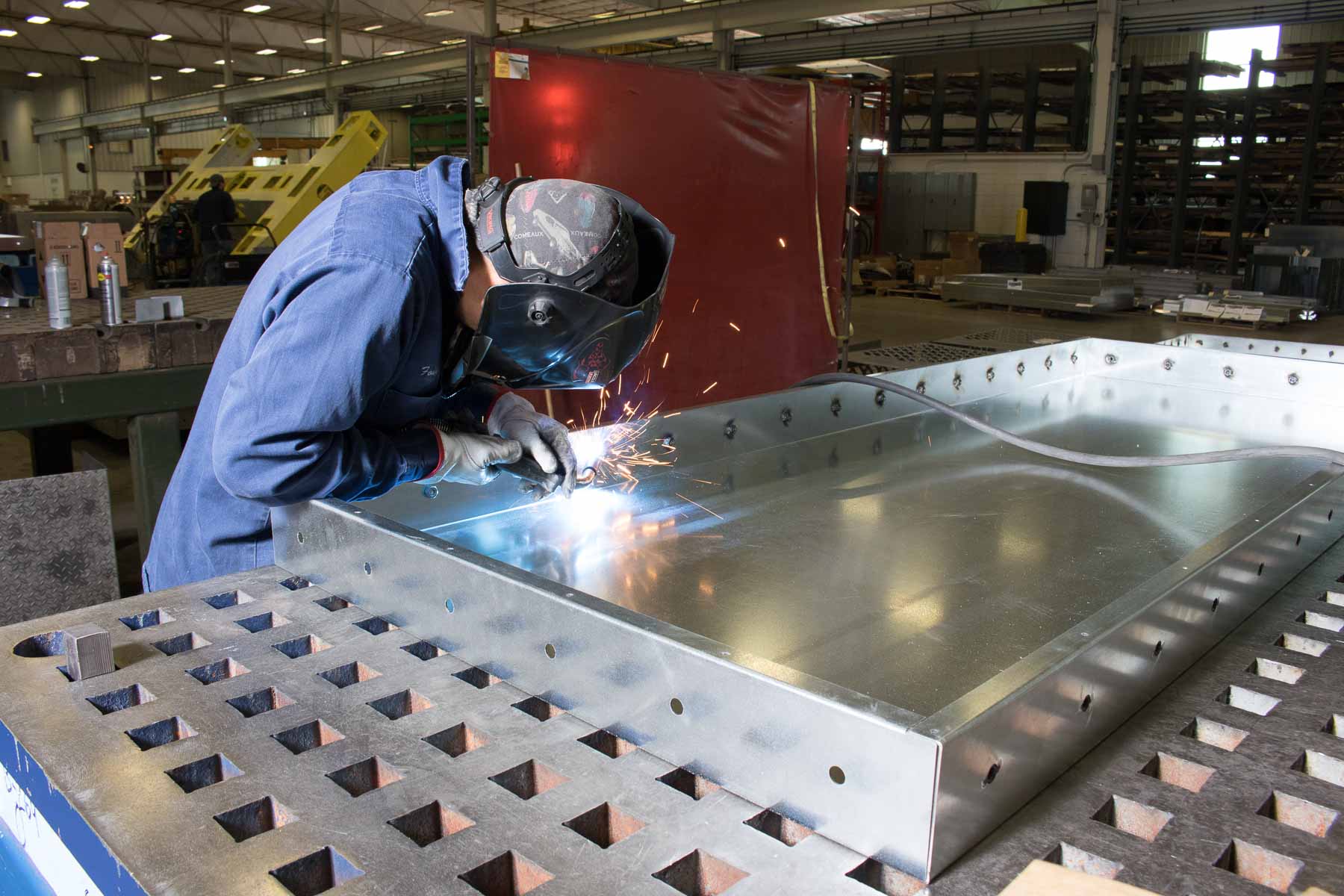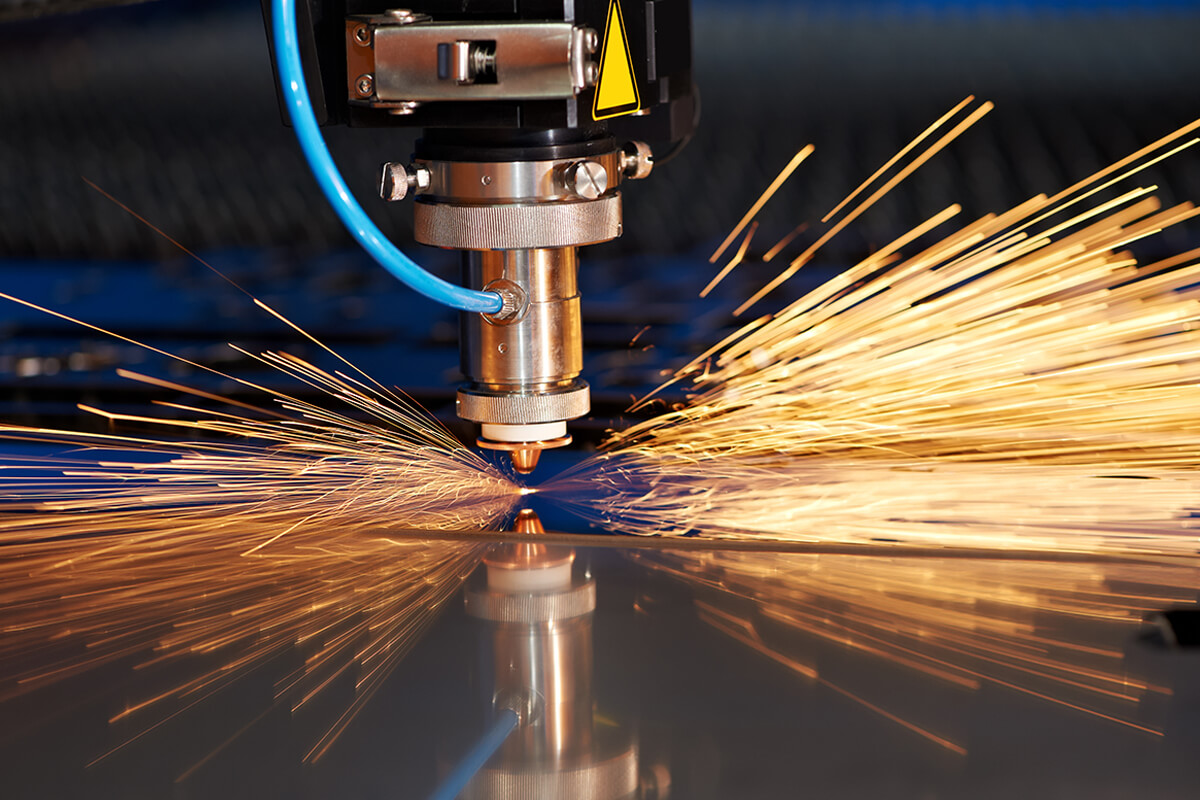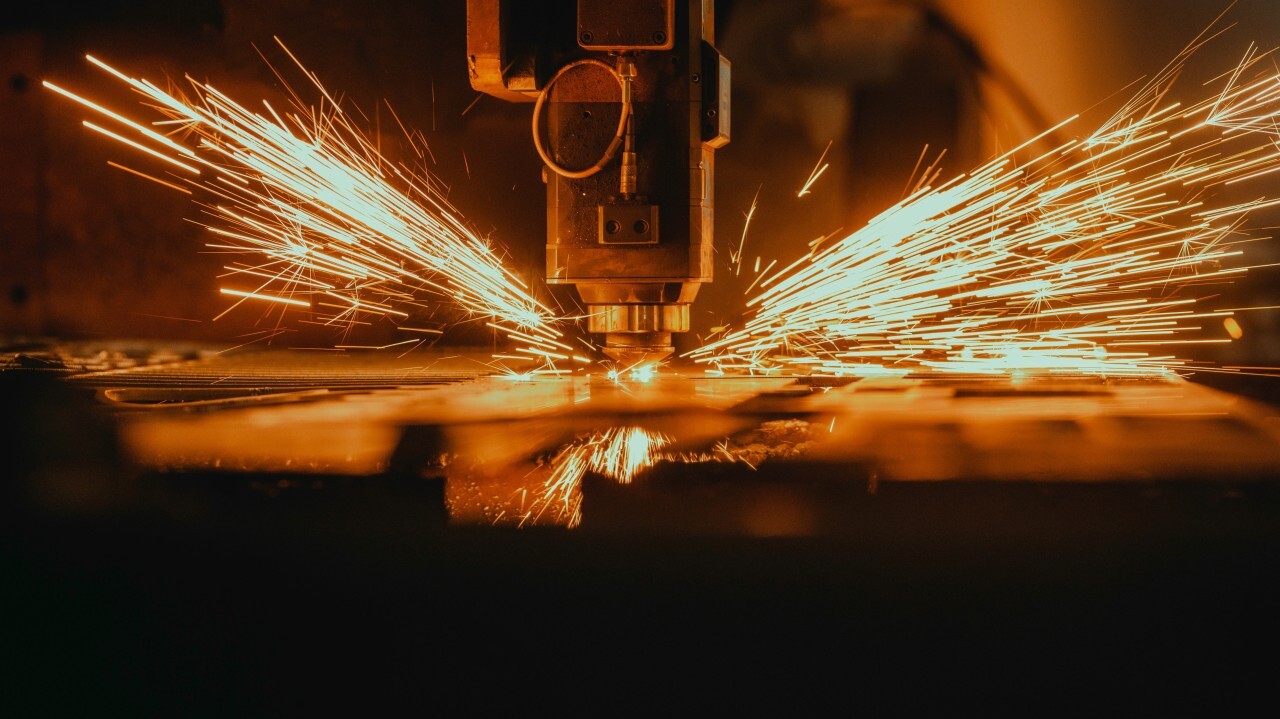Sheet Metal Fabrication in Bangalore: The Hub of Precision Manufacturing
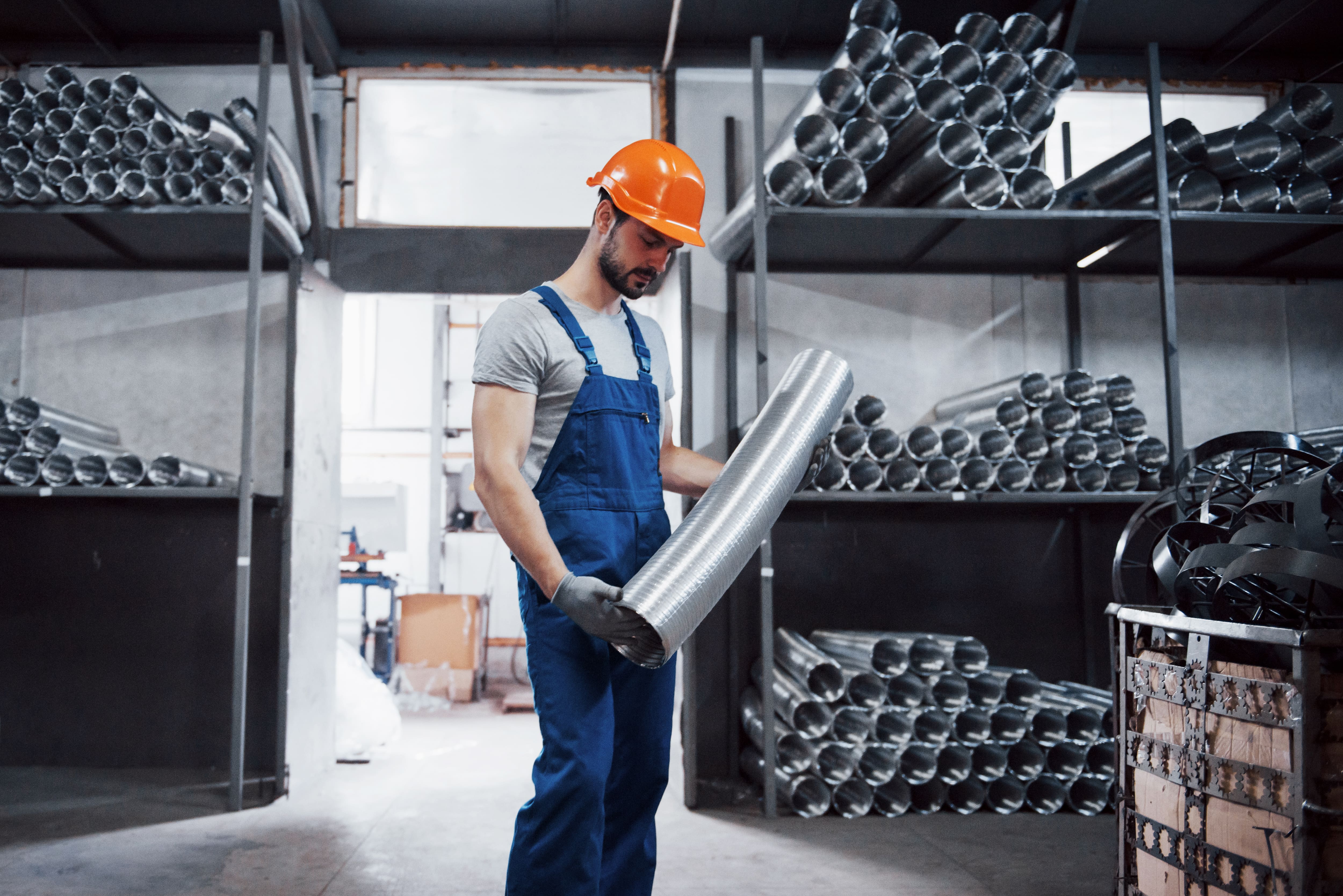
Introduction: Bangalore – Beyond Silicon Valley to Sheet Metal Prowess
For decades, this metropolitan giant has fostered a robust industrial ecosystem that perfectly complements its world-renowned IT sector. At the heart of this industrial strength is the thriving sector of Sheet Metal Fabrication in Bangalore .
Sheet metal fabrication is the art and science of transforming flat, raw metal sheets into complex parts and structures through a series of processes like cutting, bending, punching, and assembly. These fabricated components are the unseen backbones of everything from cutting-edge aerospace technology and defense systems to everyday consumer electronics, medical equipment, and modern infrastructure.-min.jpg)
In Bangalore, the fabrication industry has matured into a sophisticated, high-precision domain, largely due to its proximity to major technology consumers—including the aerospace (HAL, DRDO), automotive, and electronics giants—that demand unparalleled quality and complexity. This confluence of high-tech demand, a ready supply of skilled engineering talent, and a culture of industrial innovation has cemented Bangalore's status as a national leader in sheet metal fabrication. This blog post explores the ecosystem, the technology, the key players, and the compelling reasons why Bangalore is the go-to destination for your most demanding sheet metal fabrication needs.
2. The Engine Room: Core Fabrication Processes
The magic of sheet metal fabrication in Bangalore lies in its precise, multi-step process. Bangalore's leading fabricators have invested heavily in state-of-the-art CNC (Computer Numerical Control) machinery to ensure maximum accuracy and repeatability. Understanding these core processes is key to appreciating the complexity involved in turning a flat sheet into a finished product.
CNC Laser Cutting and Punching: The Start of Precision
The first step in fabrication is cutting the raw metal sheet. Modern Bangalore facilities rely on two primary technologies for this:
- CNC Laser Cutting: This is the flagship technology for high-precision, intricate cuts. A high-powered laser beam is directed by computer-controlled optics to vaporize the metal along a programmed path. It's fast, leaves a very smooth edge, and is ideal for complex geometries across a range of materials like stainless steel, mild steel, and aluminum. Laser cutting also allows for minimal material waste, which is critical for cost-efficiency.
- CNC Punching: For parts requiring many repeating features like holes, slots, or simple cutouts, the CNC punch press is often the most economical solution. It uses a hardened punch and die set to rapidly stamp out shapes, offering exceptional speed for high-volume jobs.
Press Brake Forming and Bending
Once the metal is cut, the next crucial step is forming or bending it into a 3D shape. This is primarily done using a CNC Press Brake. The machine uses a punch that presses the metal into a matching die, creating precise angles (V-shapes, U-channels, or custom profiles).
A key challenge is spring back—the metal's tendency to partially return to its original shape after bending. Highly-skilled operators and modern, computerized press brakes in Bangalore use precise calculations to "overbend" the metal, ensuring it relaxes into the exact desired angle, which is essential for components with tight tolerances.
Welding and Assembly: Bringing It Together
For multi-piece parts, the individual components are then joined through welding or mechanical fasteners. Bangalore's fabricators offer sophisticated welding techniques:
- TIG (Tungsten Inert Gas) Welding: Known for producing clean, high-quality, and precise welds. It's often used for thinner materials and where the aesthetic finish is important, such as in medical or architectural applications.
- MIG (Metal Inert Gas) Welding: A faster, more cost-effective method for thicker materials and general industrial use, providing strong and robust joints.
- Robotic Welding: Many of the top-tier facilities now employ robotic welding systems, which ensure absolute consistency and speed for large production runs, eliminating human variation and further boosting quality control.
3. Bangalore's Fabrication Ecosystem: Why This City?
Bangalore isn't just a location for fabrication; it's a strategic advantage. The city offers a unique combination of demand, talent, and technological infrastructure that few other industrial centers in India can match.
Proximity to High-Value Industries
The demand for high-precision sheet metal comes directly from the major industries based in and around Bangalore:
- Aerospace & Defense: Being home to giants like Hindustan Aeronautics Limited (HAL) and the labs of the Defense Research and Development Organisation (DRDO), there is a constant, high-stakes demand for parts that meet stringent international standards. Fabricators here are highly experienced with critical materials and quality checks for airframes, enclosures, and specialized defense equipment.
- Electronics & IT Hardware: The city's status as the IT capital means a massive demand for server racks, electrical panels, telecommunication enclosures, and custom chassis for high-end electronic devices. This drives the need for high-finish, precision-engineered metal boxes and frames.
A Reservoir of Skilled Talent
Sheet metal fabrication is not just about machines; it’s about the people who program, operate, and manage them. Bangalore has a large, highly-skilled workforce of mechanical and production engineers, draftsmen proficient in 3D CAD software, and certified CNC machine operators. This access to specialized talent ensures that complex designs are executed flawlessly, and quality control remains paramount at every stage.
Adoption of Industry 4.0 and DFM
Leading fabricators in the city have embraced the principles of Industry 4.0, integrating digital and physical technologies:
- Design for Manufacturability (DFM): Fabricators often offer design support, working with clients to optimize their part designs for cost-efficiency and production speed without compromising performance.
- Automation and Quality Control: Many facilities use advanced software to simulate the fabrication process before the first cut is made, and employ automated inspection tools, further reducing errors and ensuring that every batch is identical to the last.
4. Key Applications Across Industries
The versatility of sheet metal fabrication means its products are integral to nearly every modern sector. In Bangalore, the applications are as diverse as the city's economy:
- Electronics and IT Enclosures: This is perhaps the most visible application. Every computer server, networking switch, electrical panel, and industrial control box uses fabricated metal enclosures to provide physical protection, heat dissipation, and electromagnetic shielding.
- Aerospace Components: Precision-formed brackets, internal structural components, and external coverings for aircraft and satellites demand the tightest tolerances—a specialty of Bangalore's veteran fabricators.
- Automotive Industry: From structural brackets and mounting plates to engine covers and custom vehicle modifications, sheet metal provides the necessary strength, durability, and formability.
- Medical Equipment: The need for hygienic, corrosion-resistant, and aesthetically pleasing housings for X-ray machines, diagnostic equipment, and hospital furniture is met using high-grade stainless steel fabrication.
- HVAC and Construction: Large-scale commercial projects rely on fabricated sheet metal for durable, custom-sized air conditioning ducts, ventilation systems, and specialized metal cladding and roofing structures.
5. Materials of Choice in Bangalore's Fabricators
The selection of material is critical, as it dictates the component's final properties—strength, weight, and resistance to environmental factors. Bangalore's fabricators work with a broad spectrum of metals:
- Mild Steel (MS): The workhorse of the industry, widely used for general-purpose enclosures, machine components, and construction elements due to its cost-effectiveness and good formability.
- Stainless Steel (SS): Essential for applications requiring superior corrosion resistance, such as the food processing, medical, and architectural sectors. Grades like 304 and 316 are commonly processed.
- Aluminum: Favored in the aerospace and electronics industries for its exceptional strength-to-weight ratio and excellent electrical conductivity. It’s ideal for lightweight chassis and heat sinks.
- Galvanized Iron (GI): Steel sheets coated with zinc, offering protection against rust, making them perfect for outdoor applications, HVAC ducting, and long-life industrial enclosures.
6. Choosing the Right Fabrication Partner: A Checklist
Selecting a fabrication partner in a dense industrial hub like Bangalore requires a focus on more than just price. The right partner should be an extension of your engineering team.
Key Evaluation Criteria:
- Quality Certifications: Always verify current ISO 9001:2015 certification, which confirms a commitment to quality management systems. For critical components, ask about industry-specific accreditations.
- Technological Capability: Ensure the vendor has the required modern equipment, such as high-tonnage press brakes, large-format laser cutters, and automated welding cells, necessary to handle your product’s complexity and volume.
- End-to-End Service: Look for a fabricator that offers a full suite of services: from design and prototyping (especially important for iterative product development) to fabrication, surface finishing (e.g., powder coating, electroplating), and final assembly. A turnkey solution significantly streamlines your supply chain.
- Industry Experience: A company with a proven track record in your specific sector (e.g., a fabricator supplying aerospace components will have a different standard of precision than one supplying construction materials) is likely to understand your unique tolerance and material requirements.
- Location and Logistics: Bangalore’s industrial zones (like Peenya, Electronic City, and various KIADB areas) offer excellent logistical connectivity, which is vital for on-time delivery.
7. Conclusion: Shaping the Future of Manufacturing
Sheet metal fabrication in Bangalore industry represents the confluence of India's engineering talent, technological ambition, and industrial maturity. It’s a market driven by the high demands of the aerospace and IT sectors, forcing a culture of precision, innovation, and efficiency.
For businesses looking to build products—whether simple brackets or highly complex electronic enclosures—Bangalore offers world-class capabilities. By partnering with a leading local fabricator, you gain access to a powerful ecosystem that ensures your components are manufactured to the highest global standards, on time, and with the expertise that only India’s technology capital can provide. Bangalore is not just fabricating metal; it is shaping the future of manufacturing.-min.jpg)
